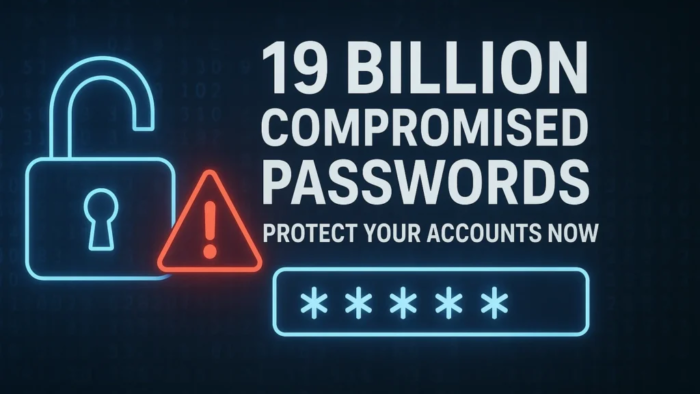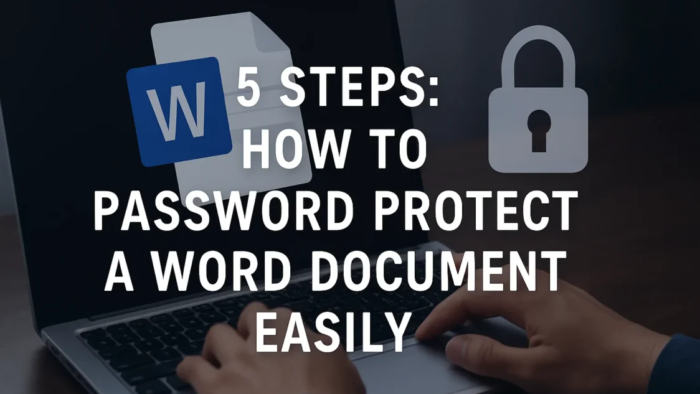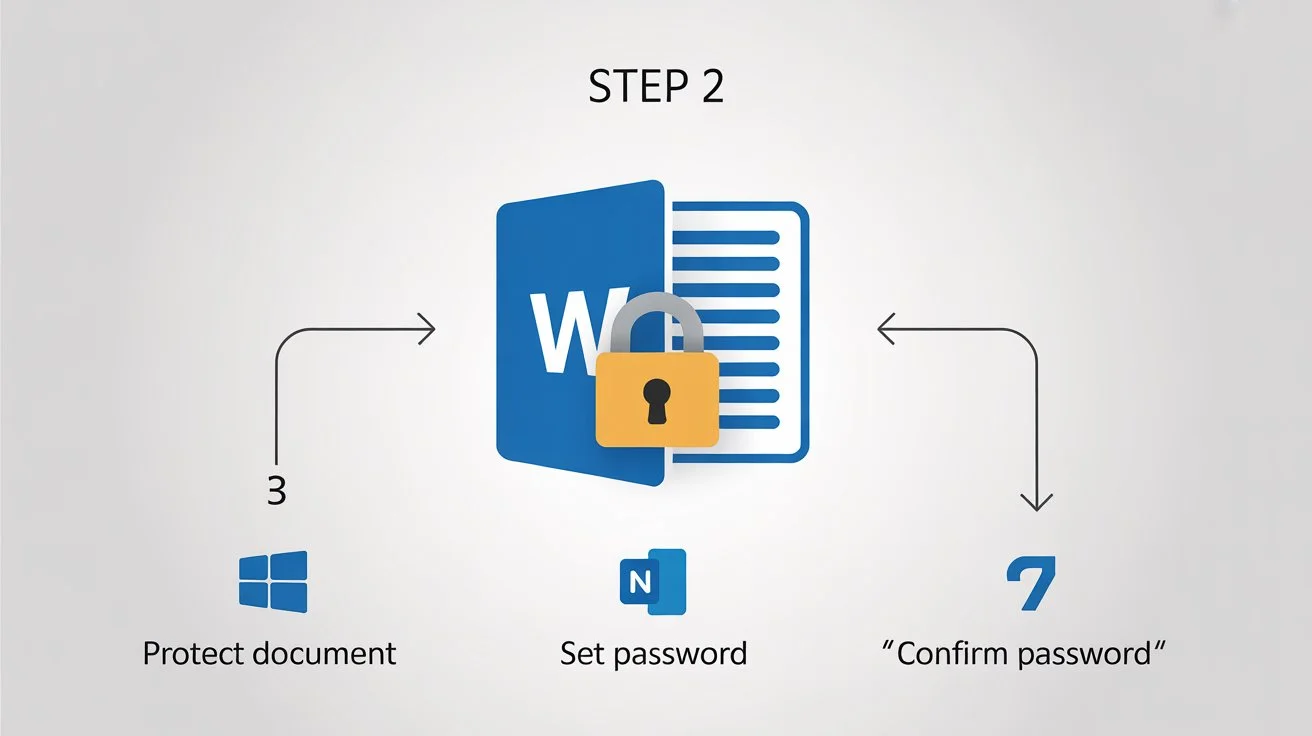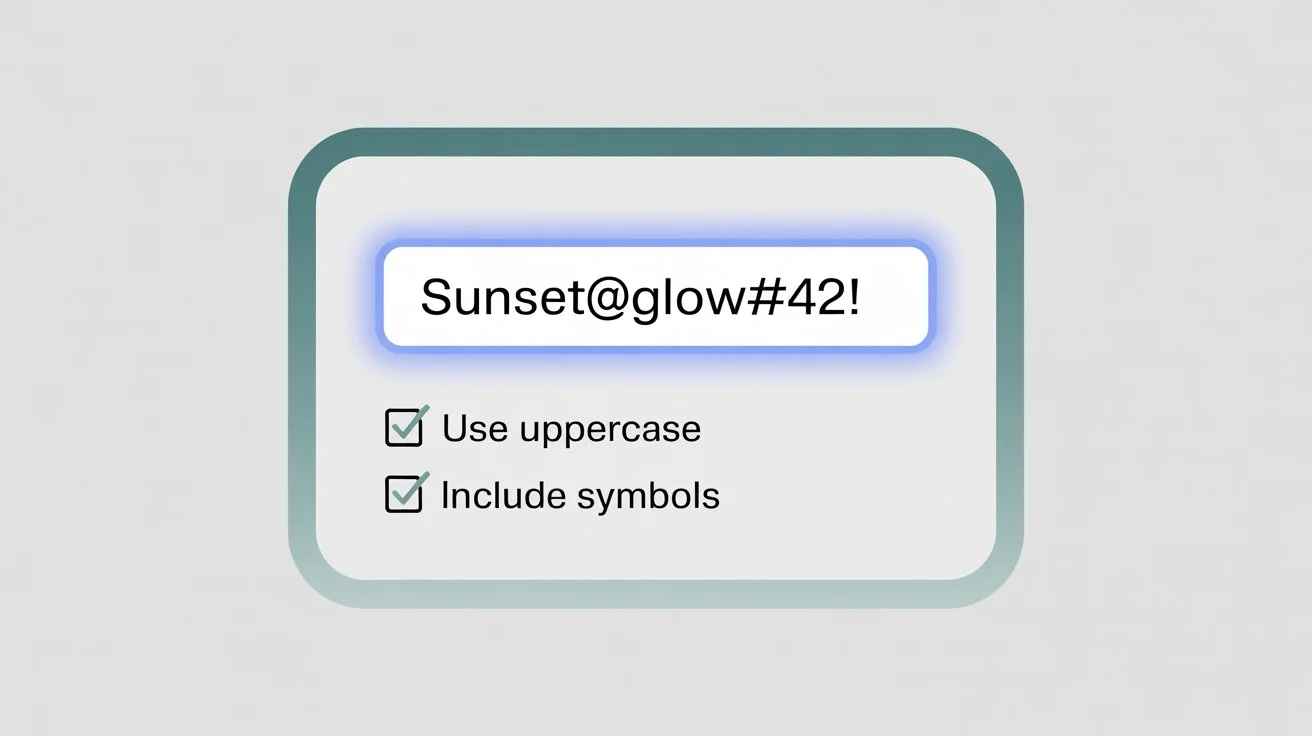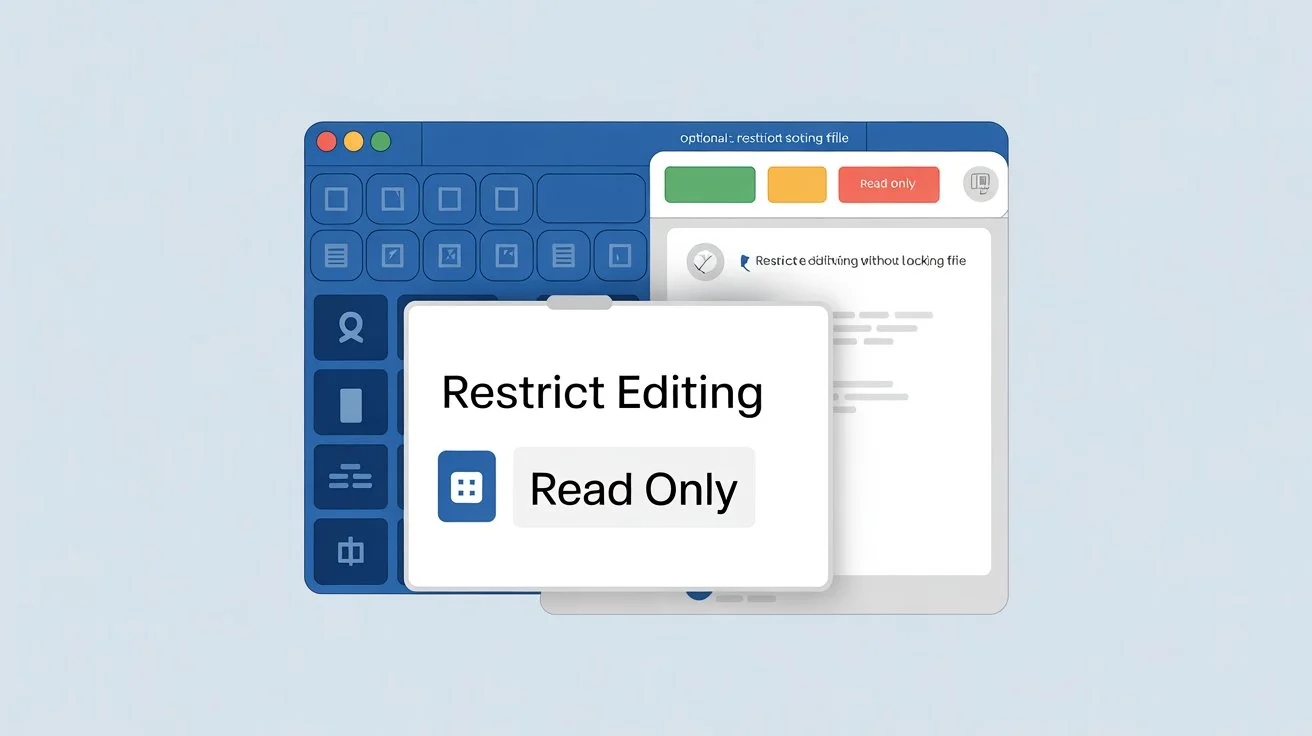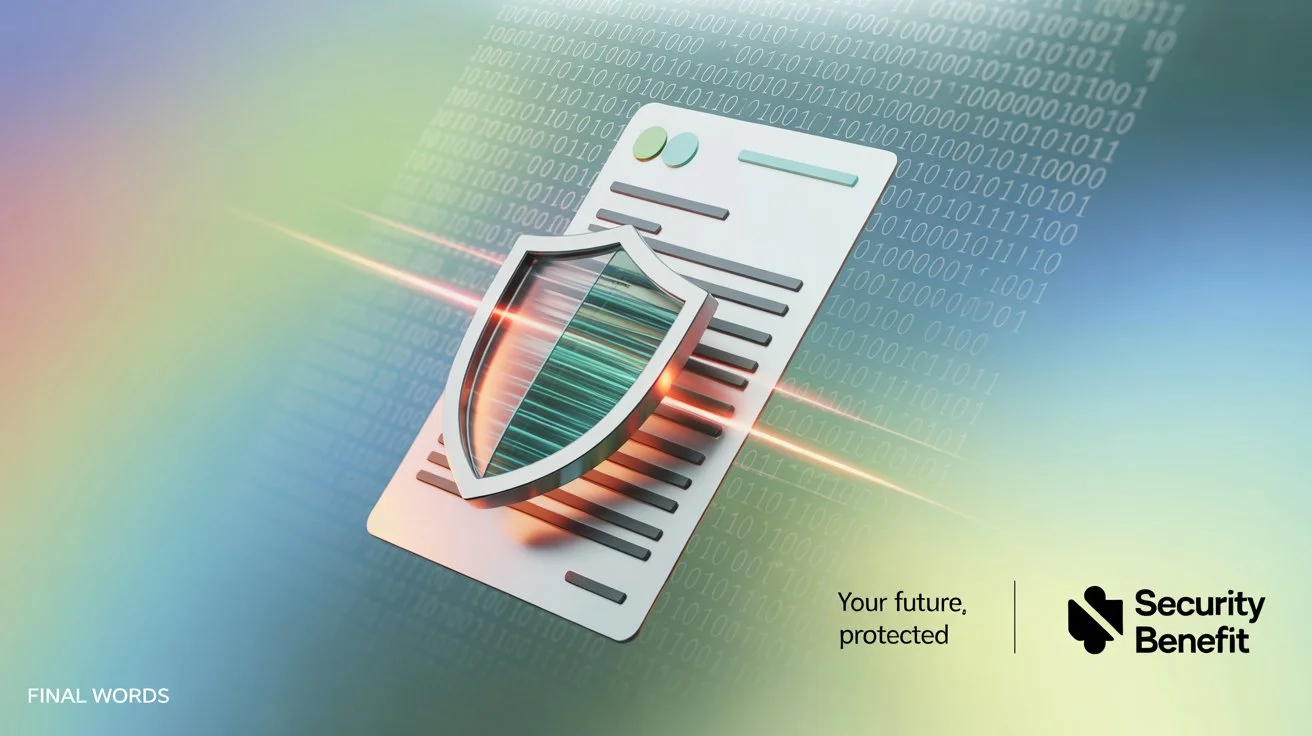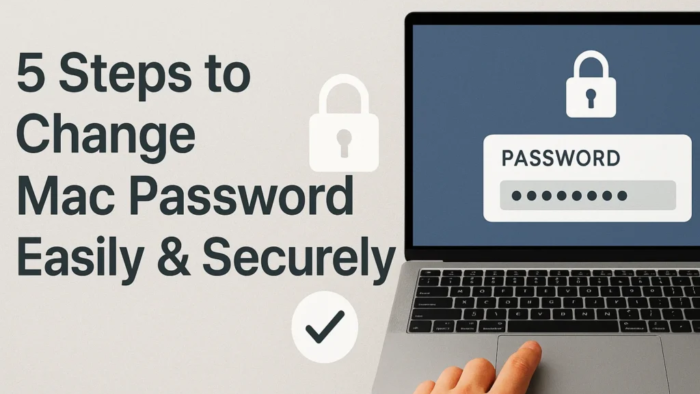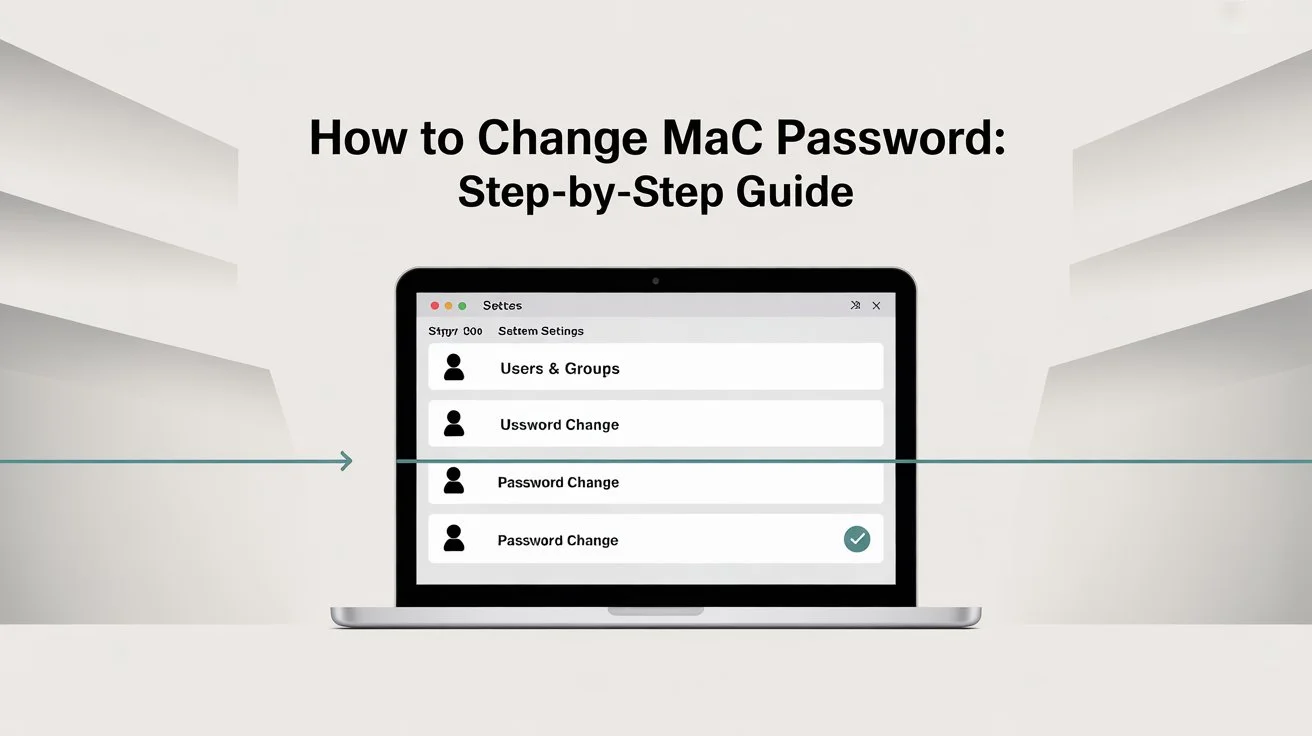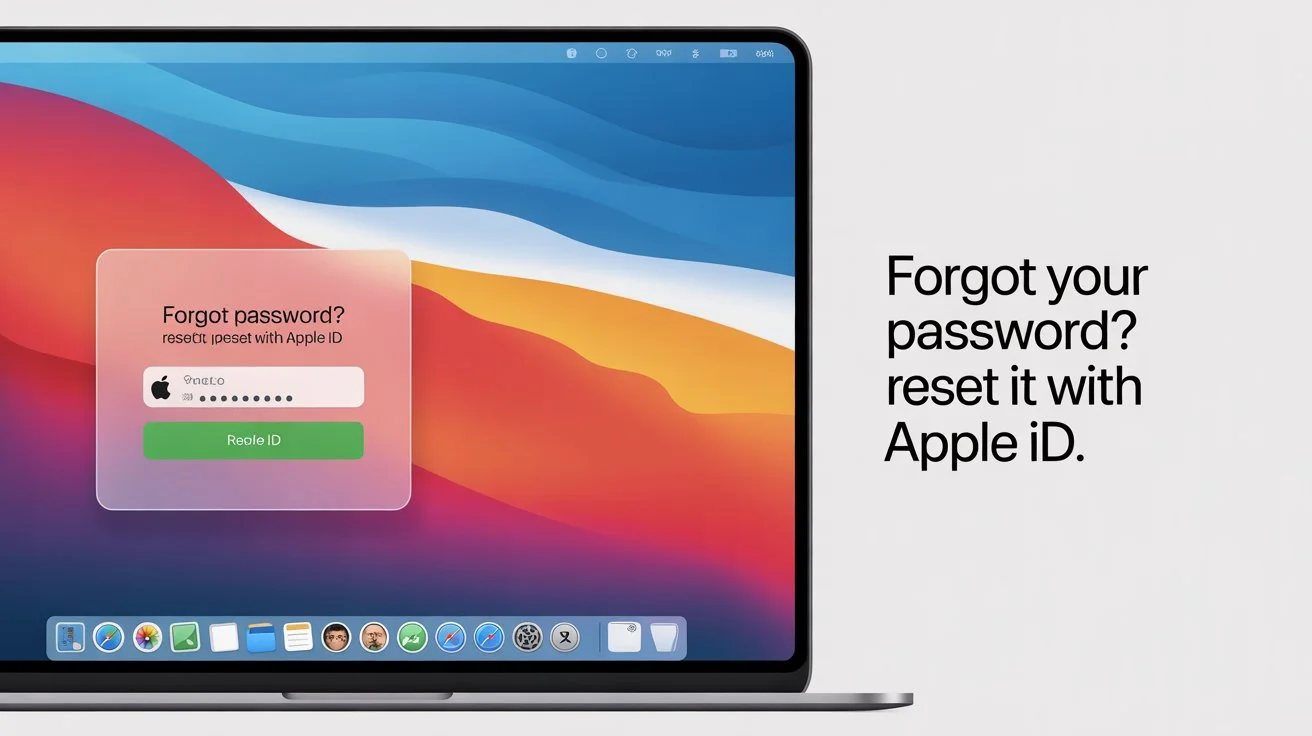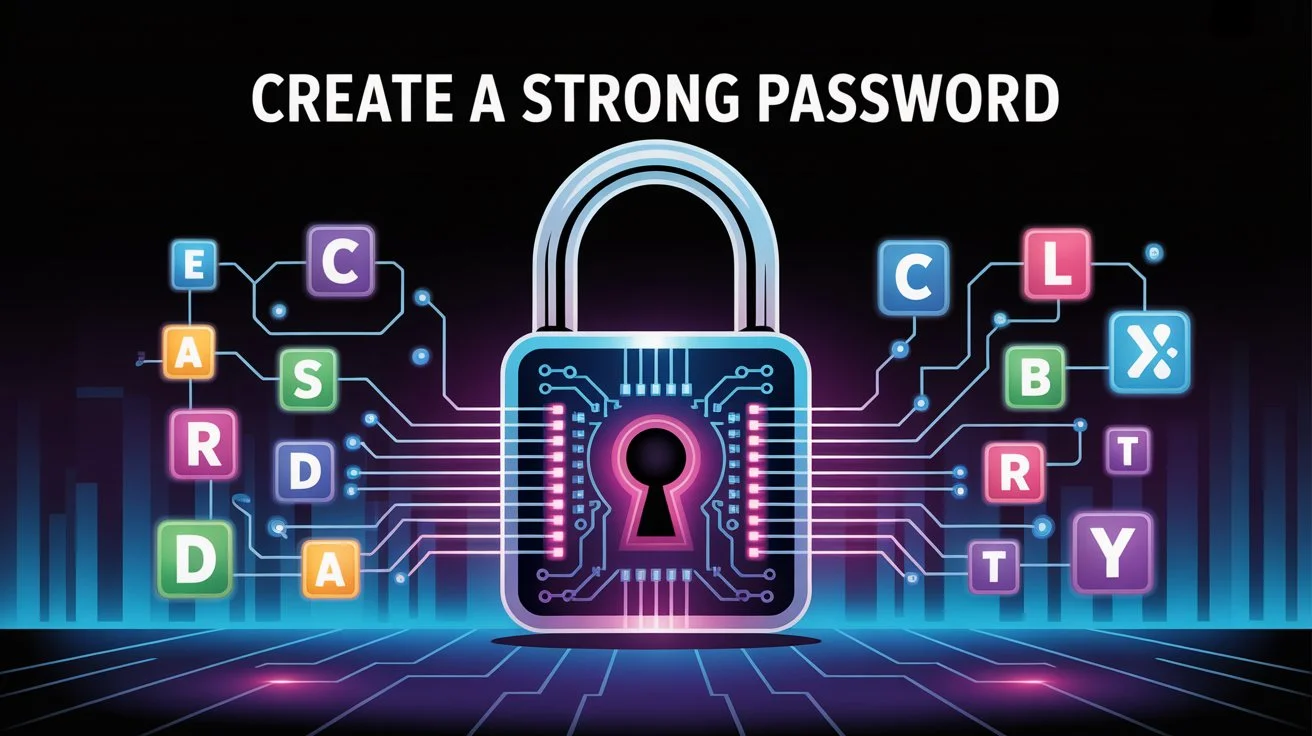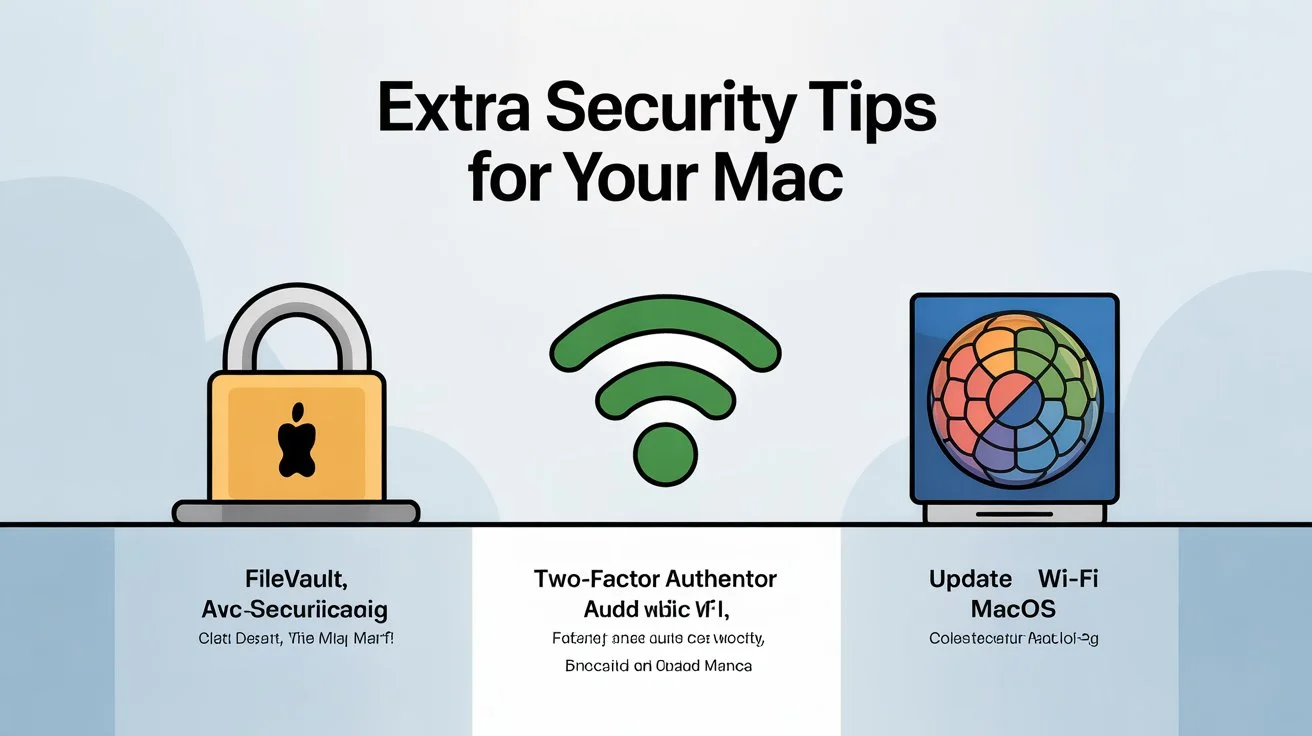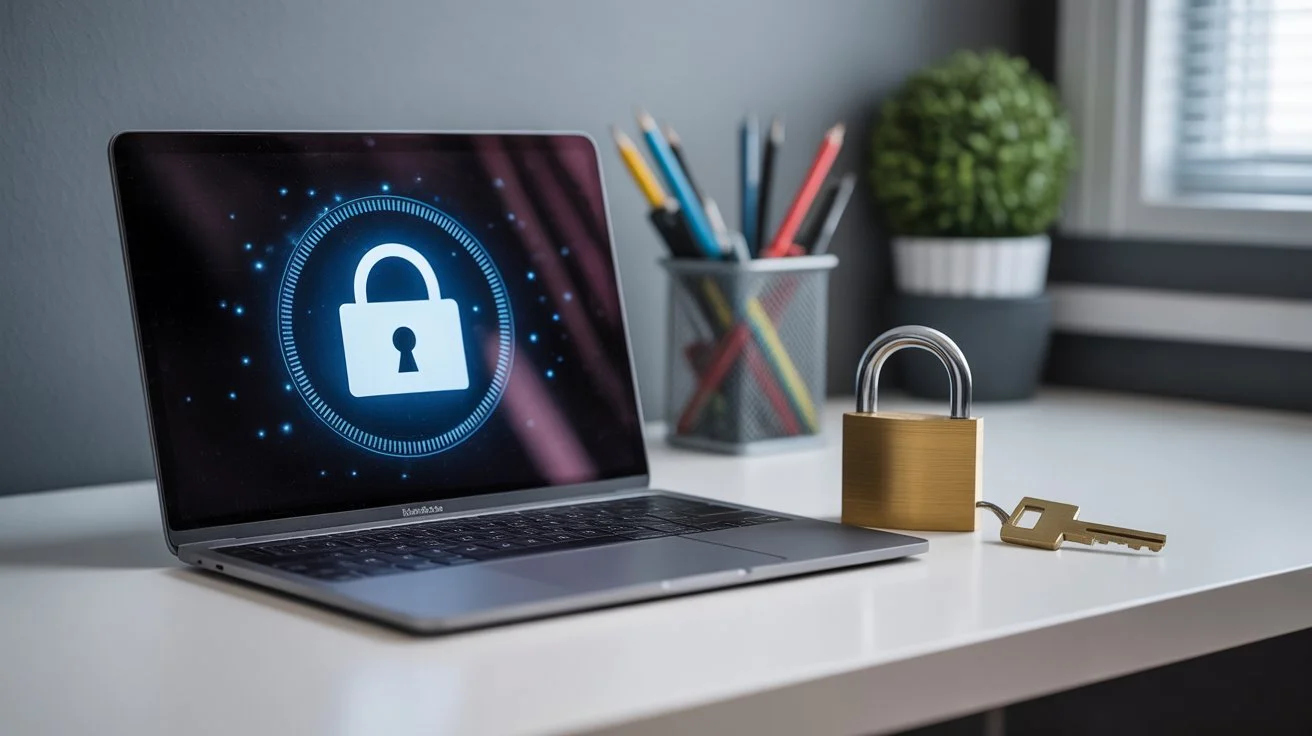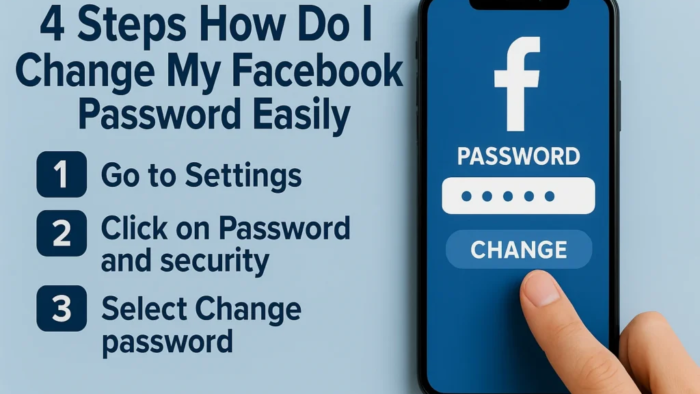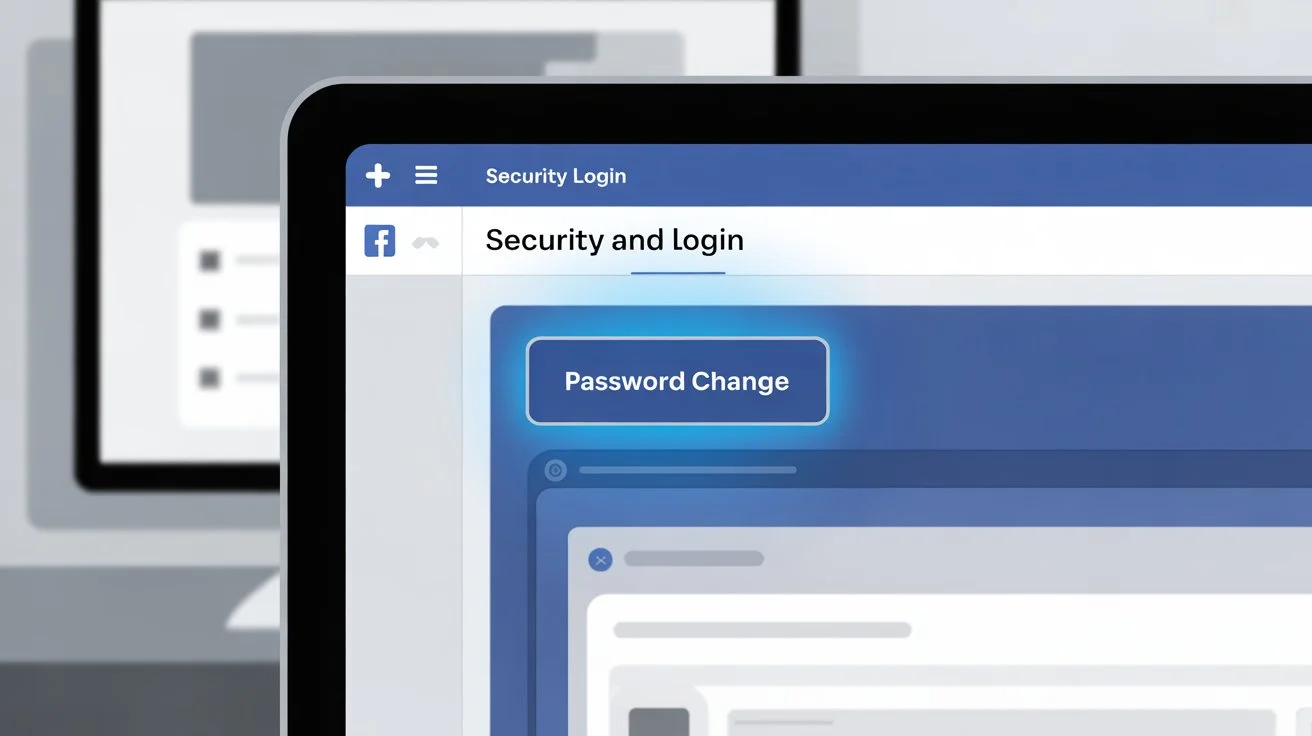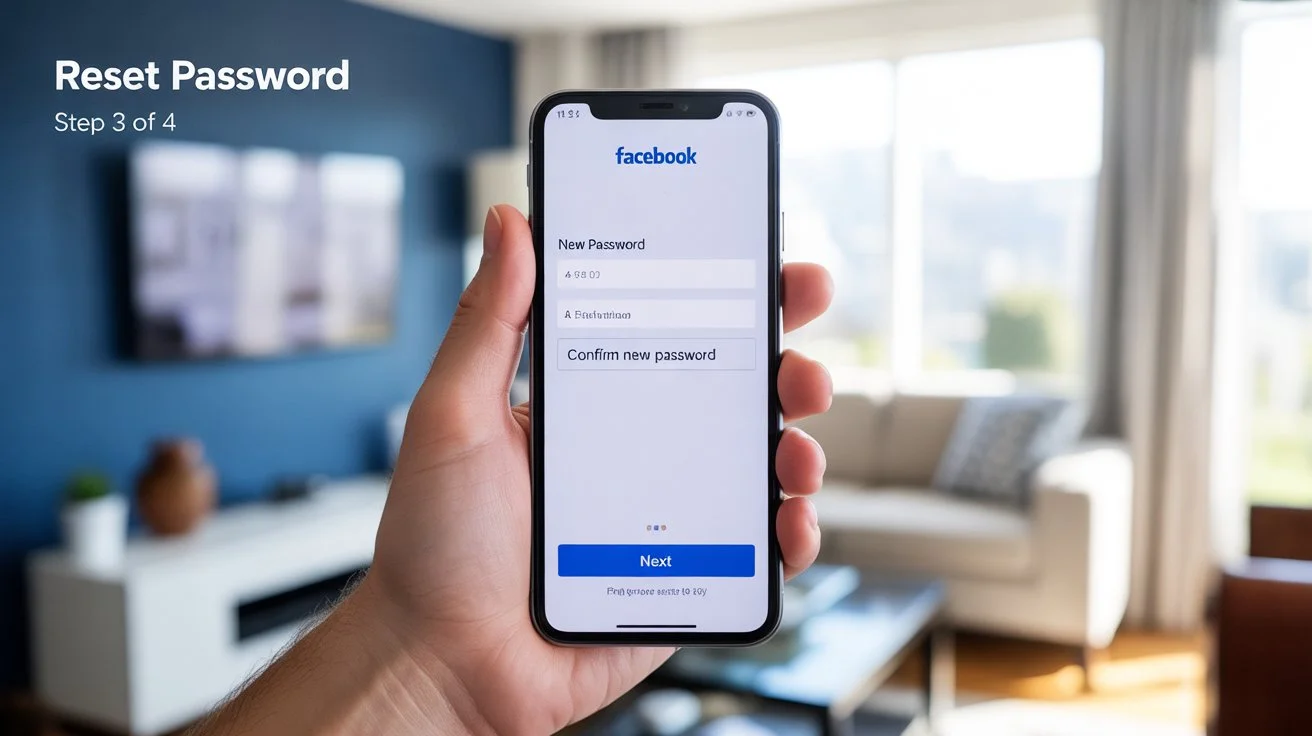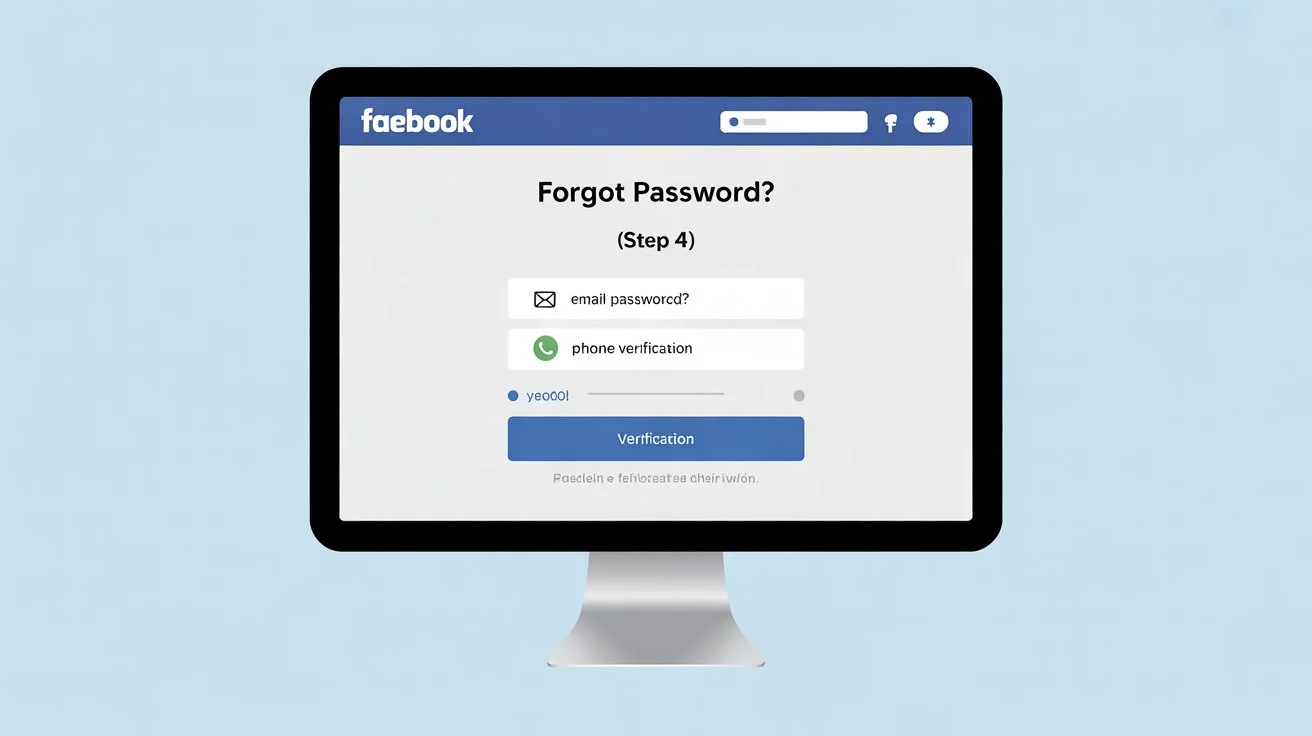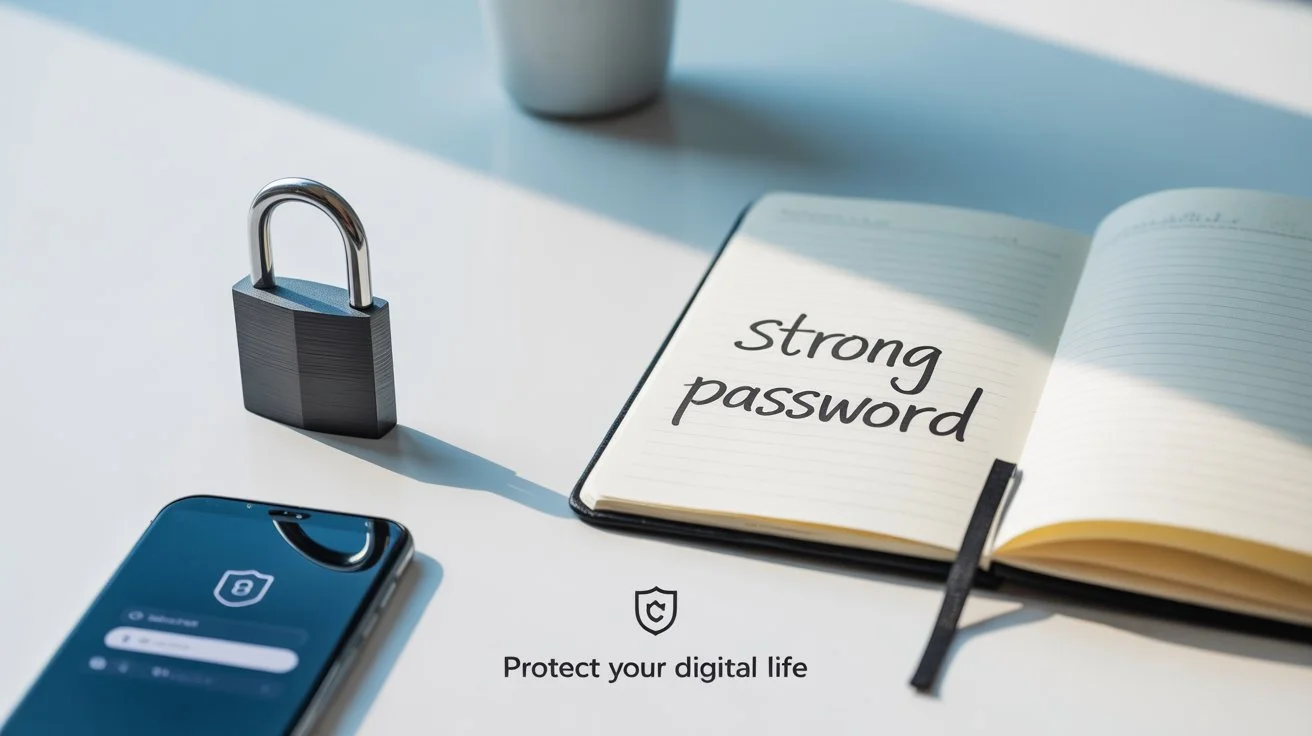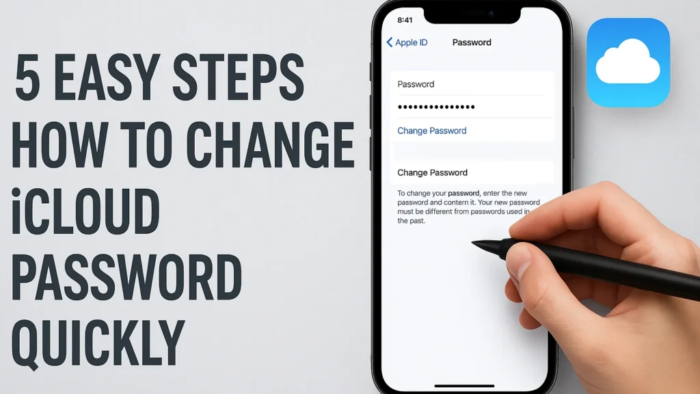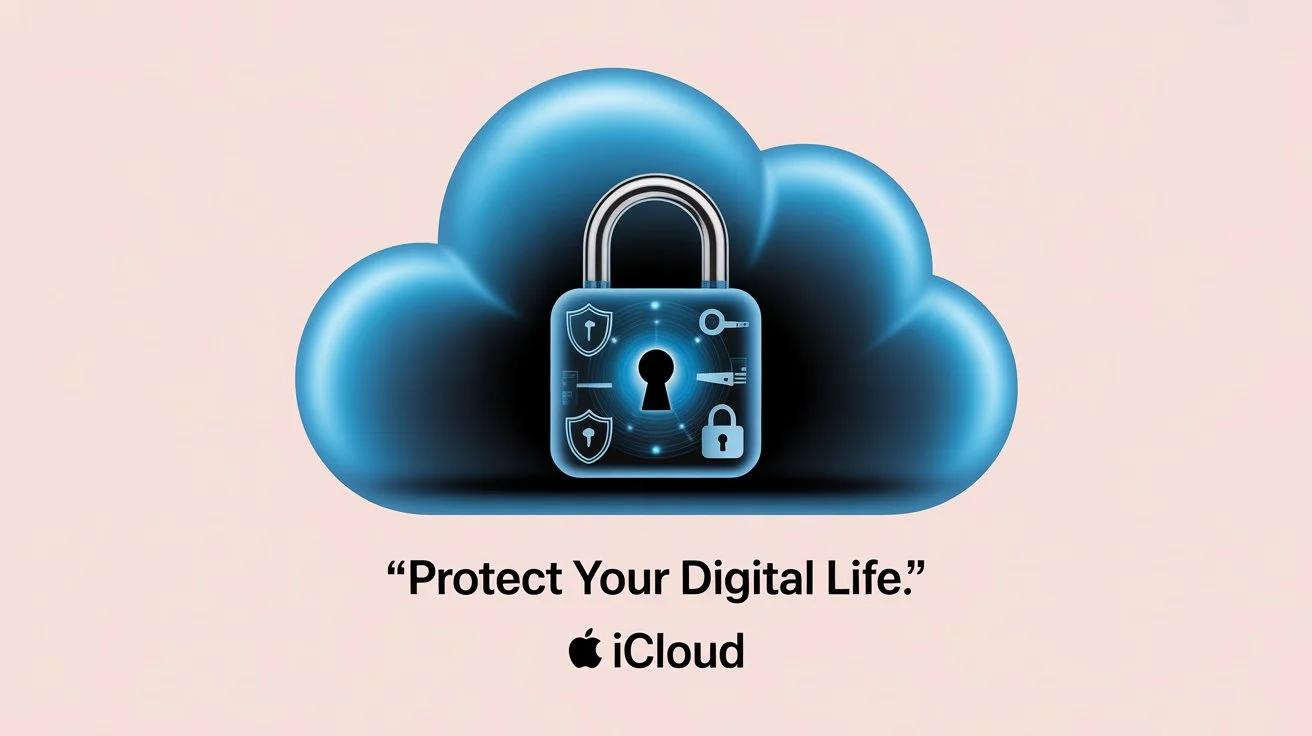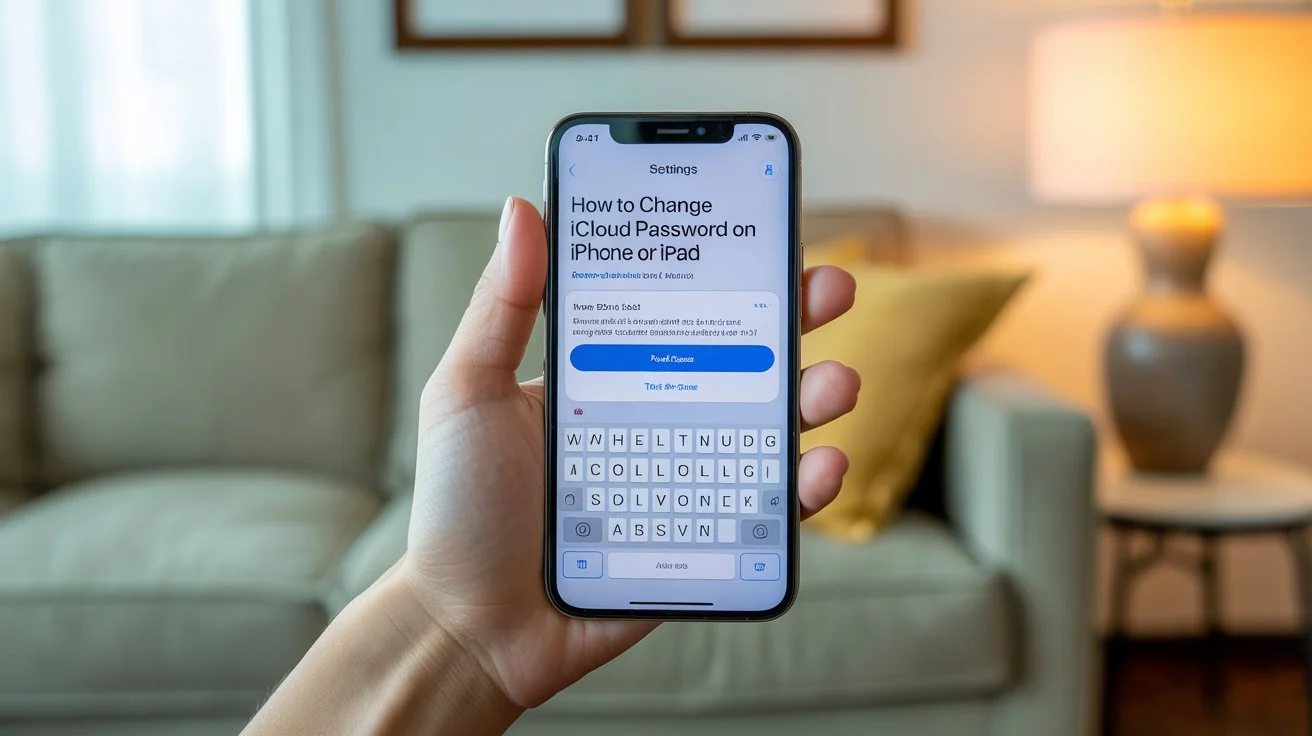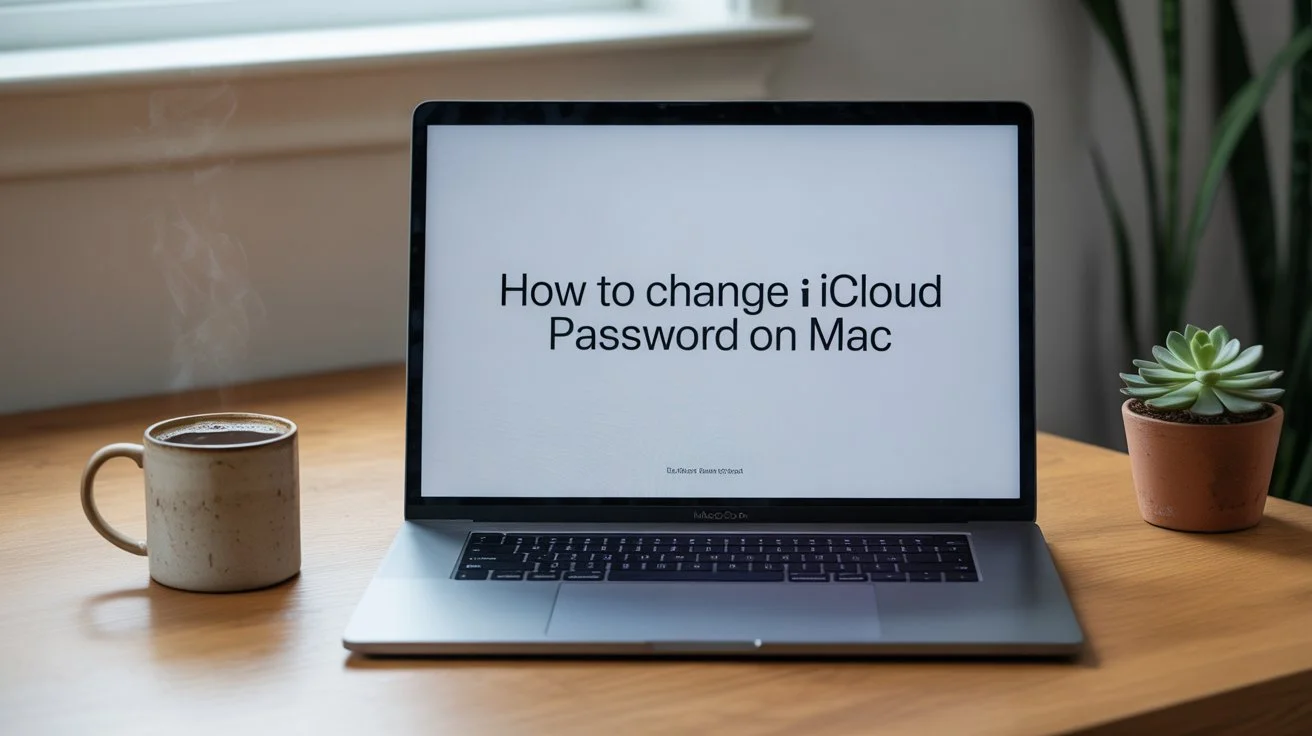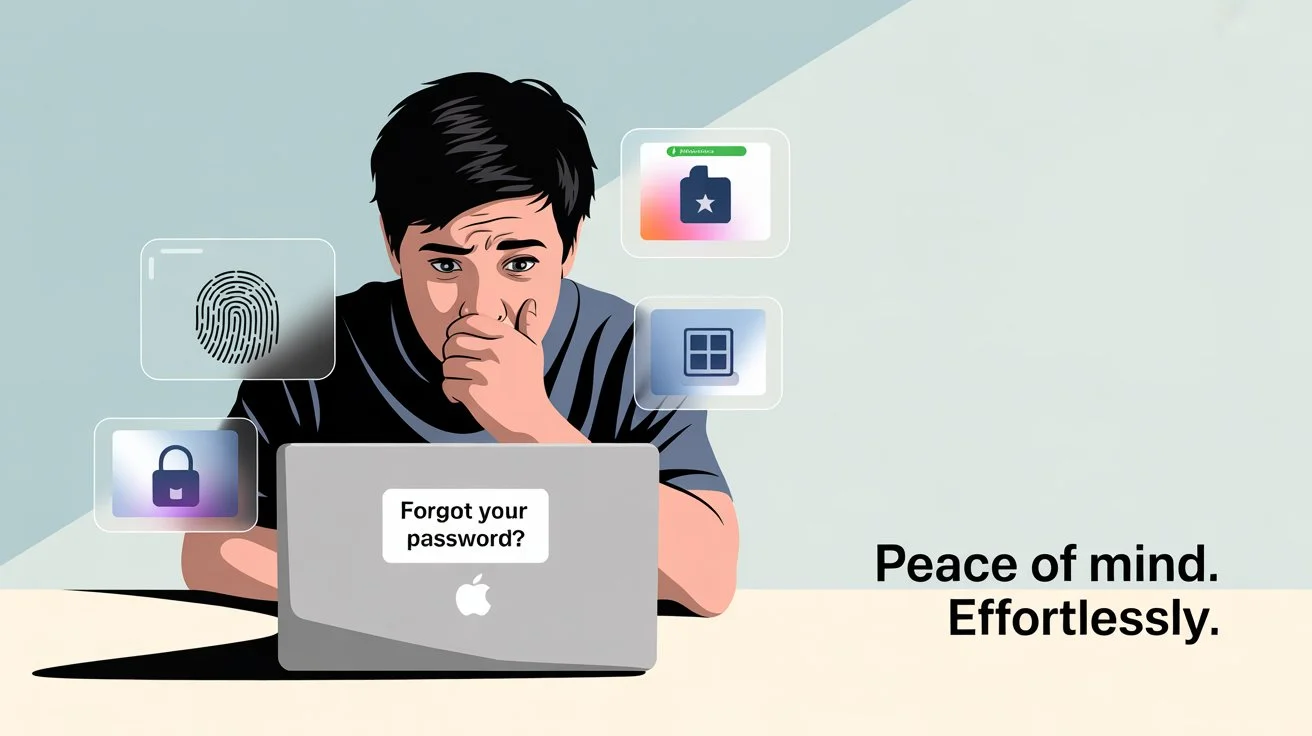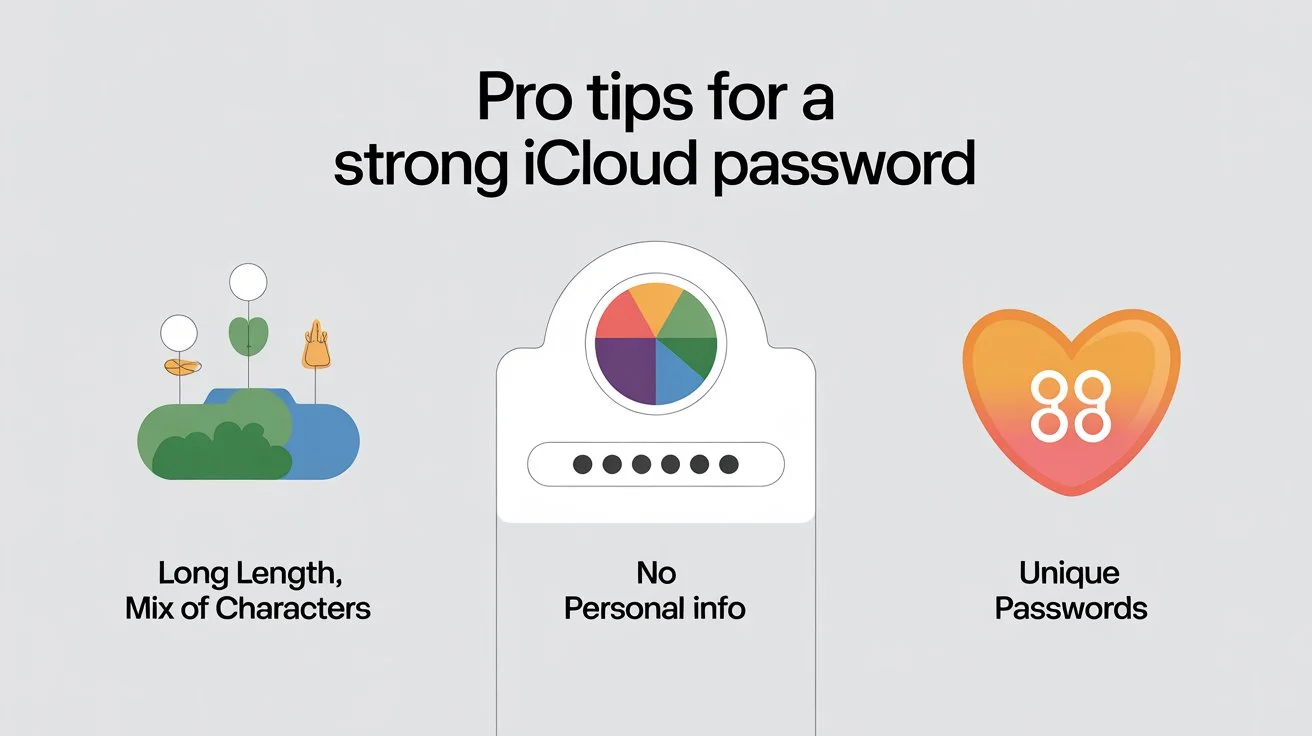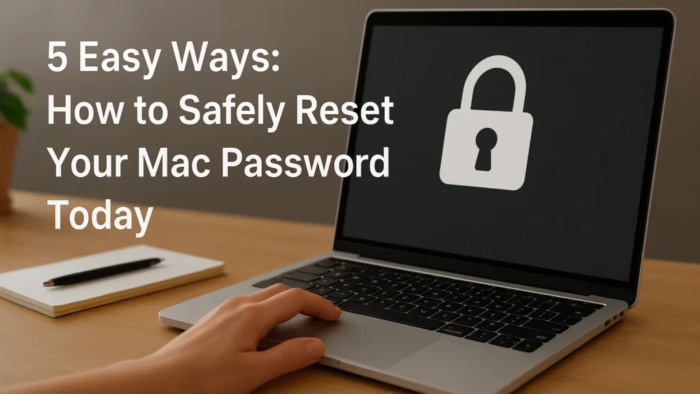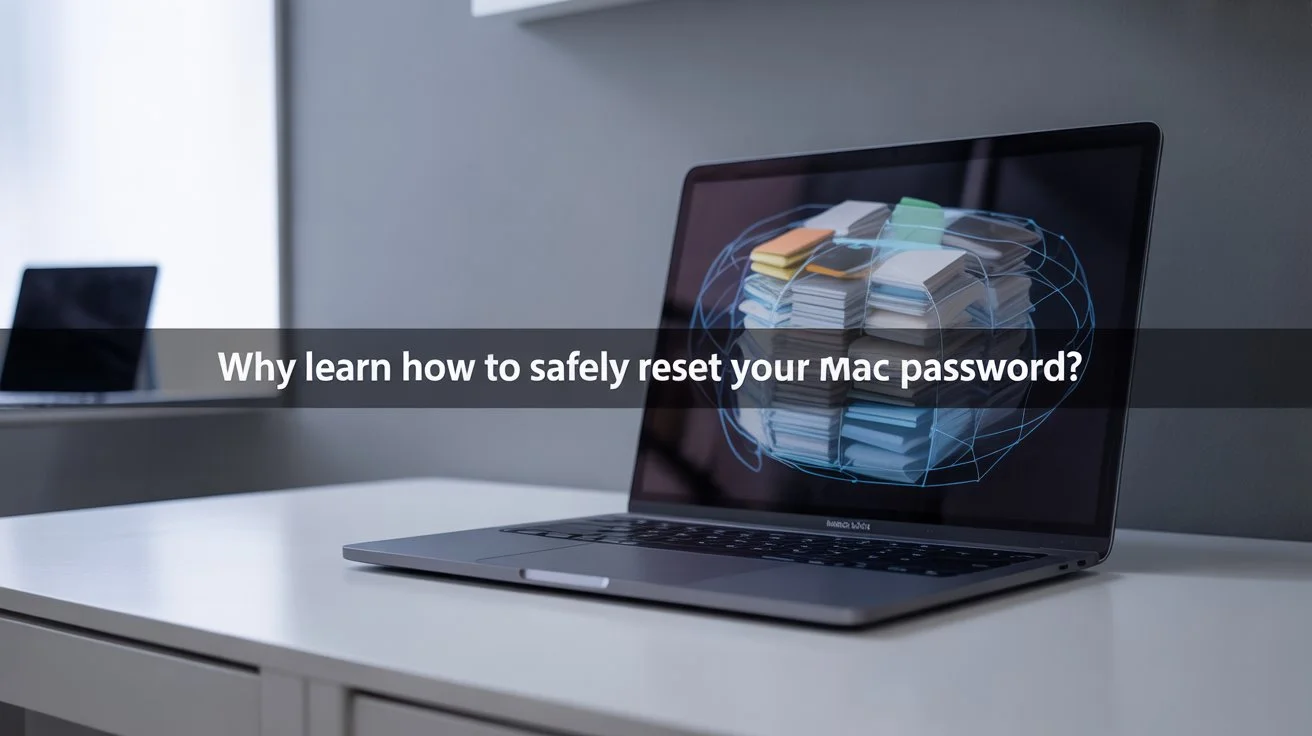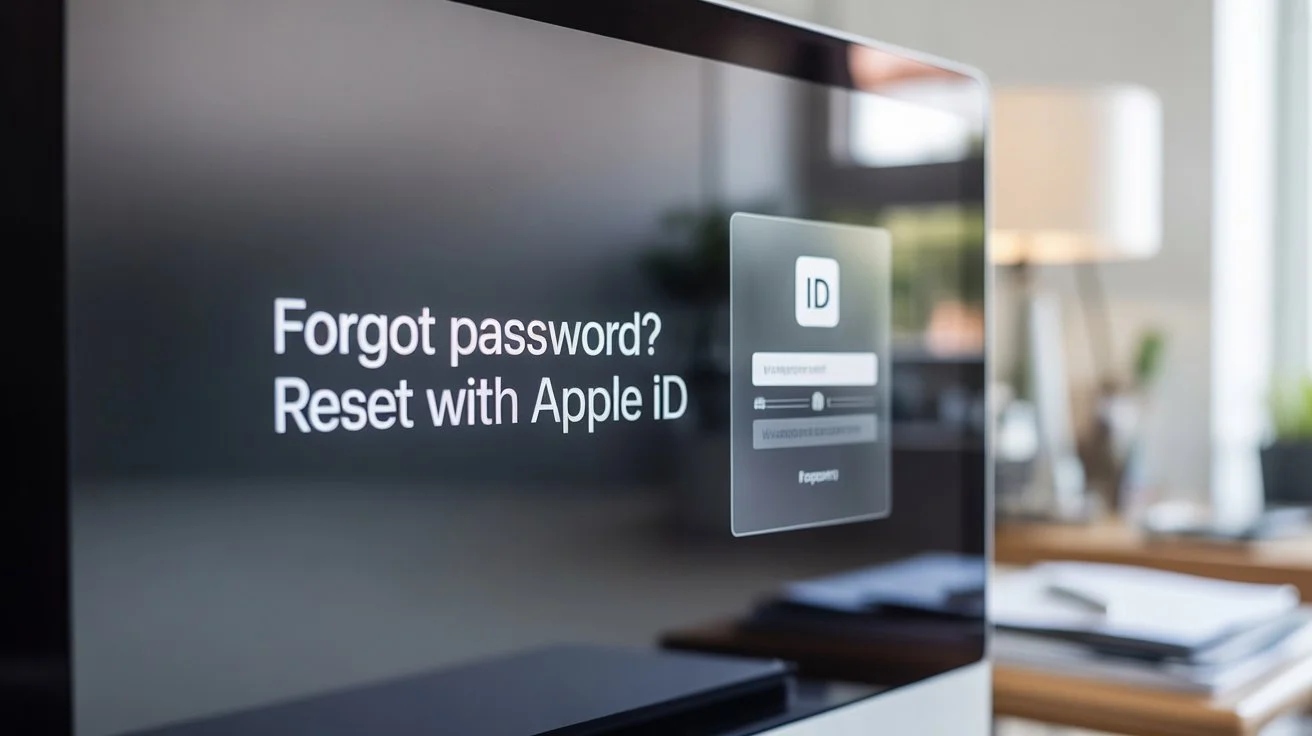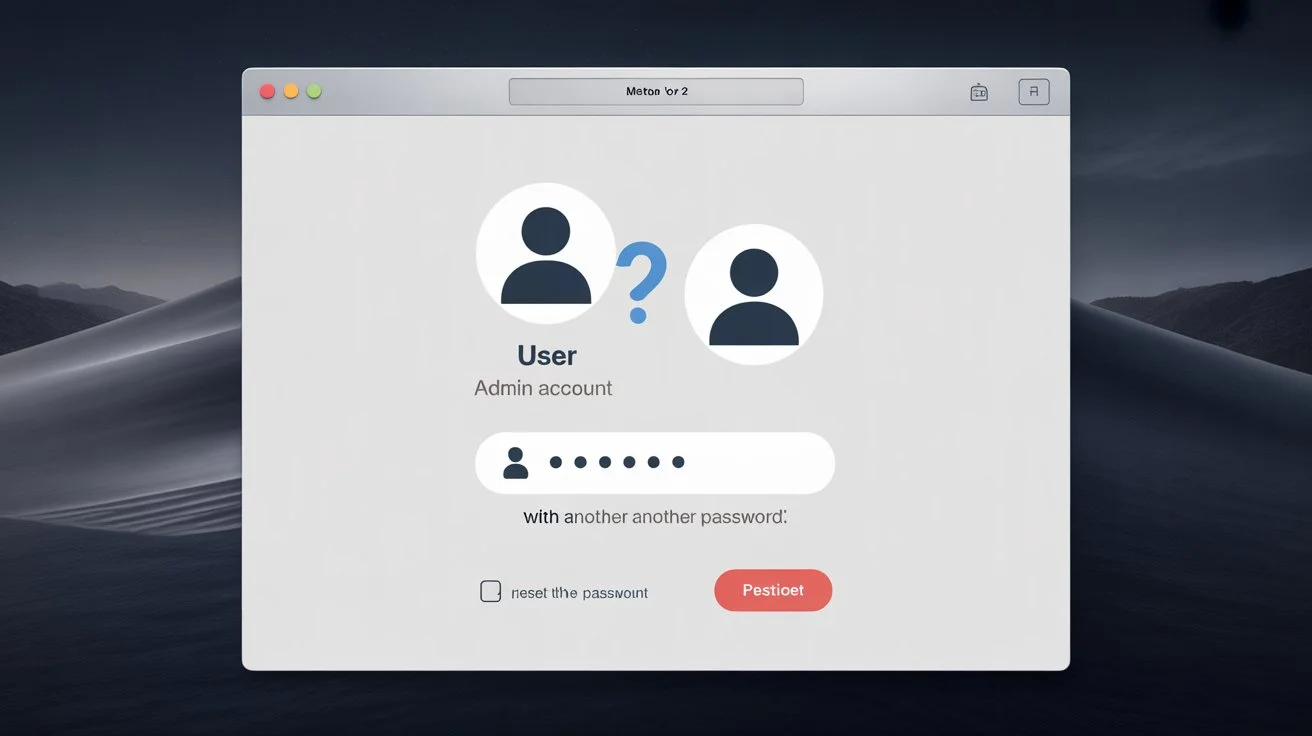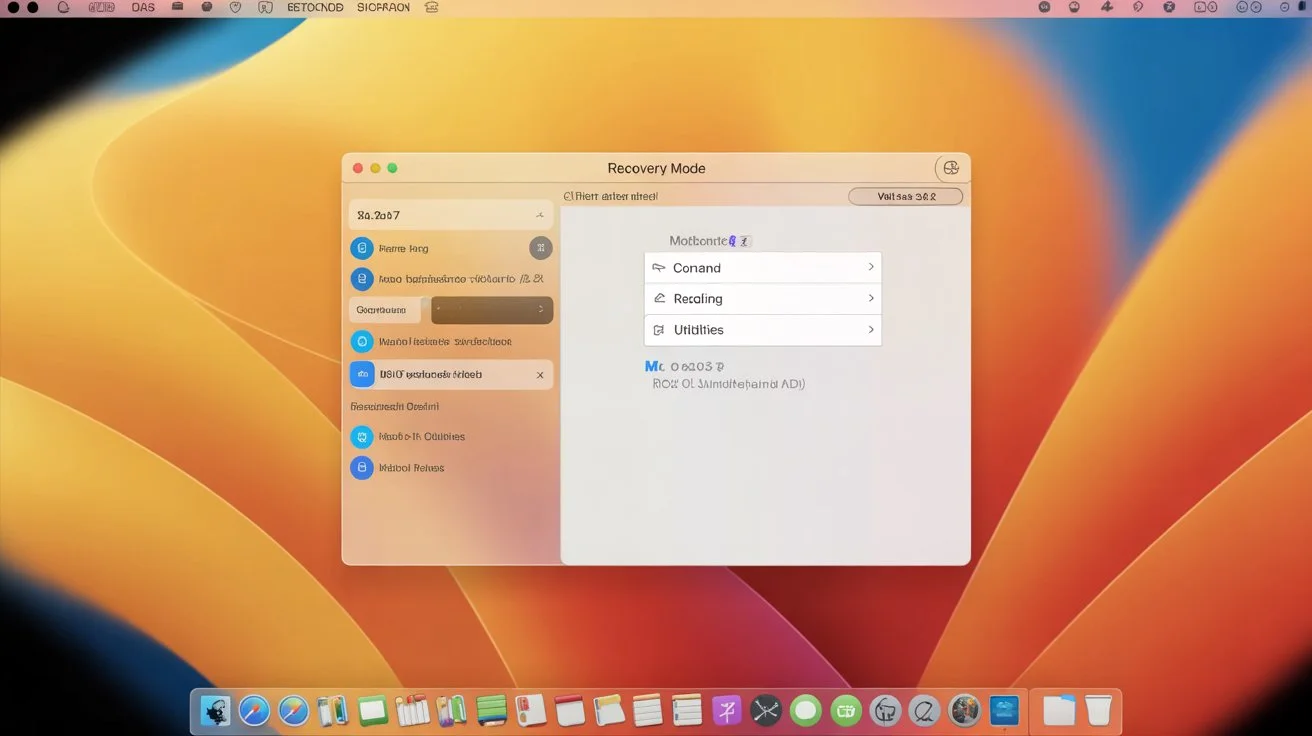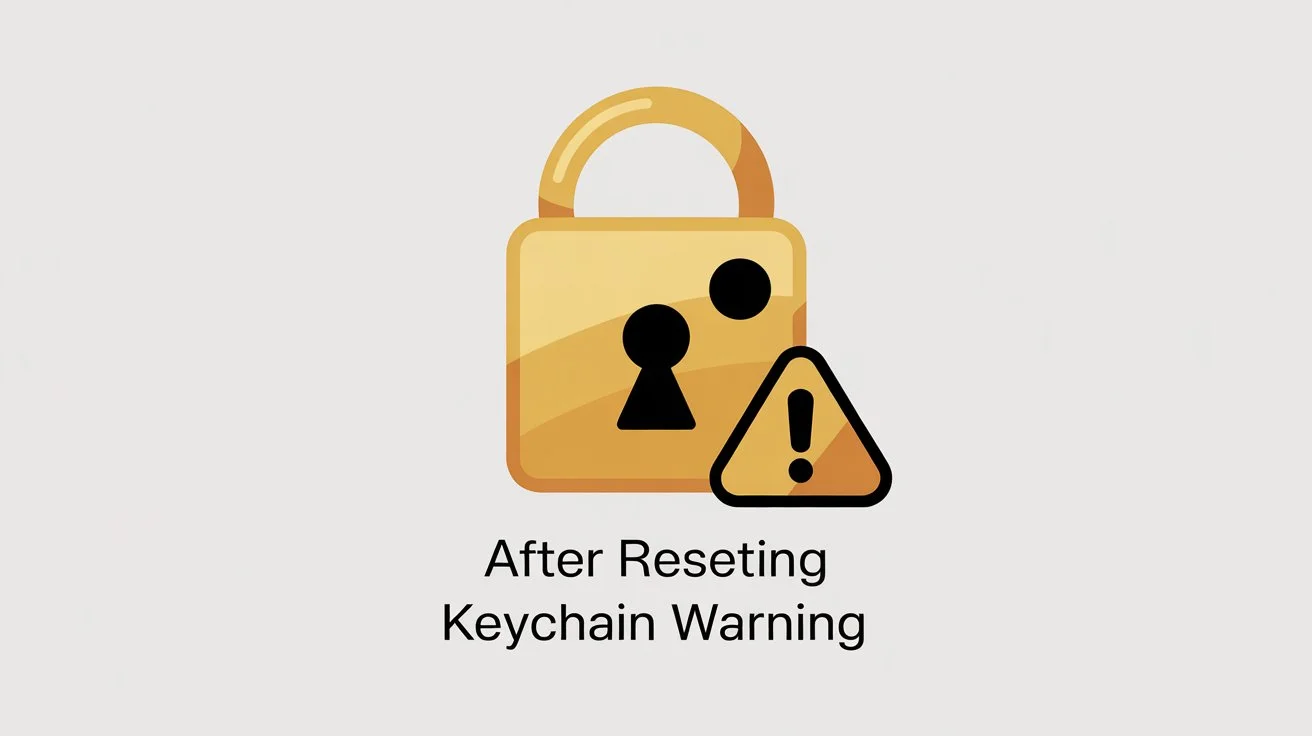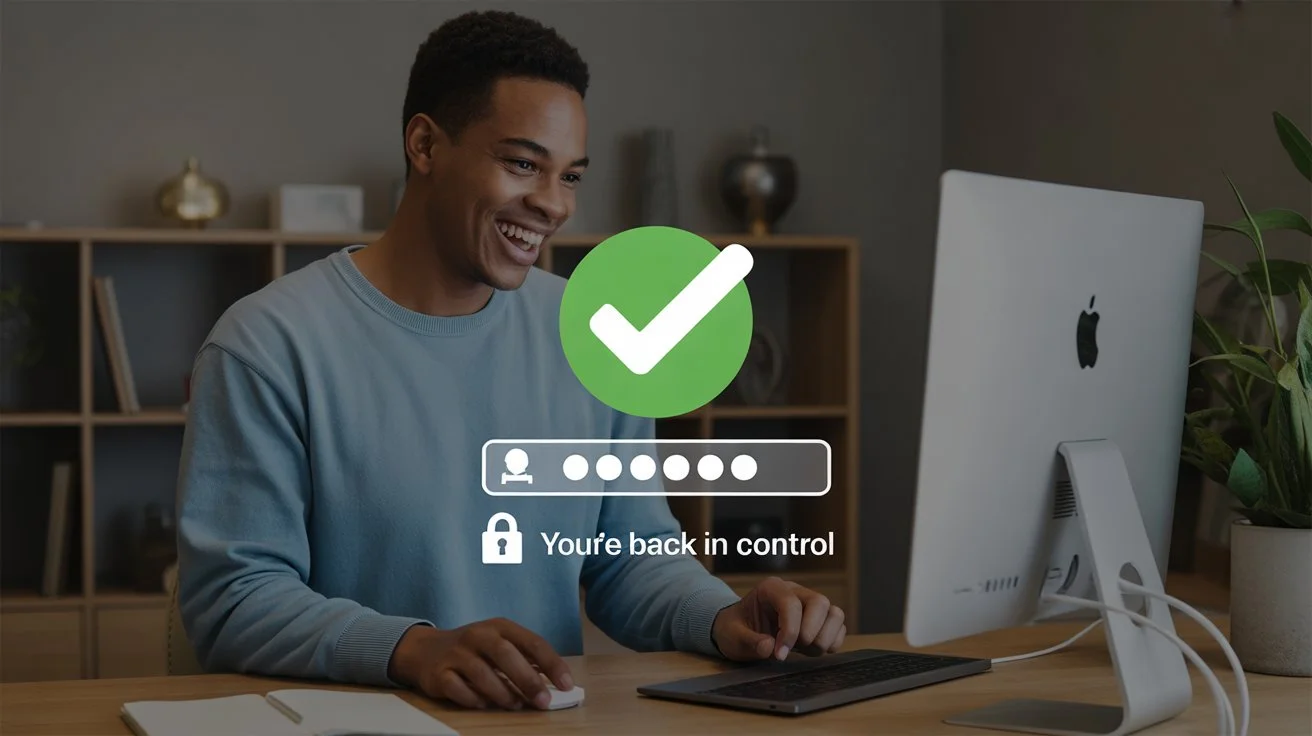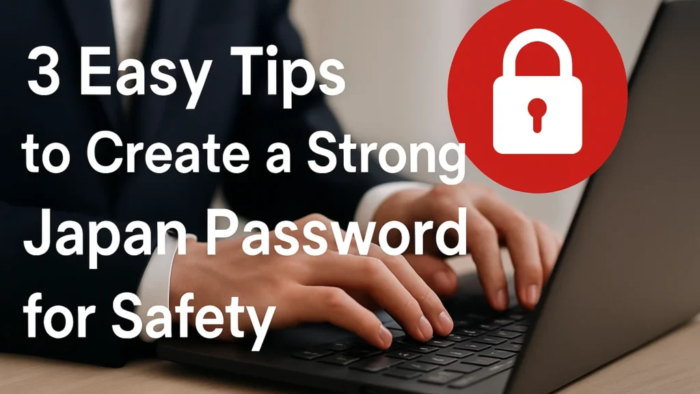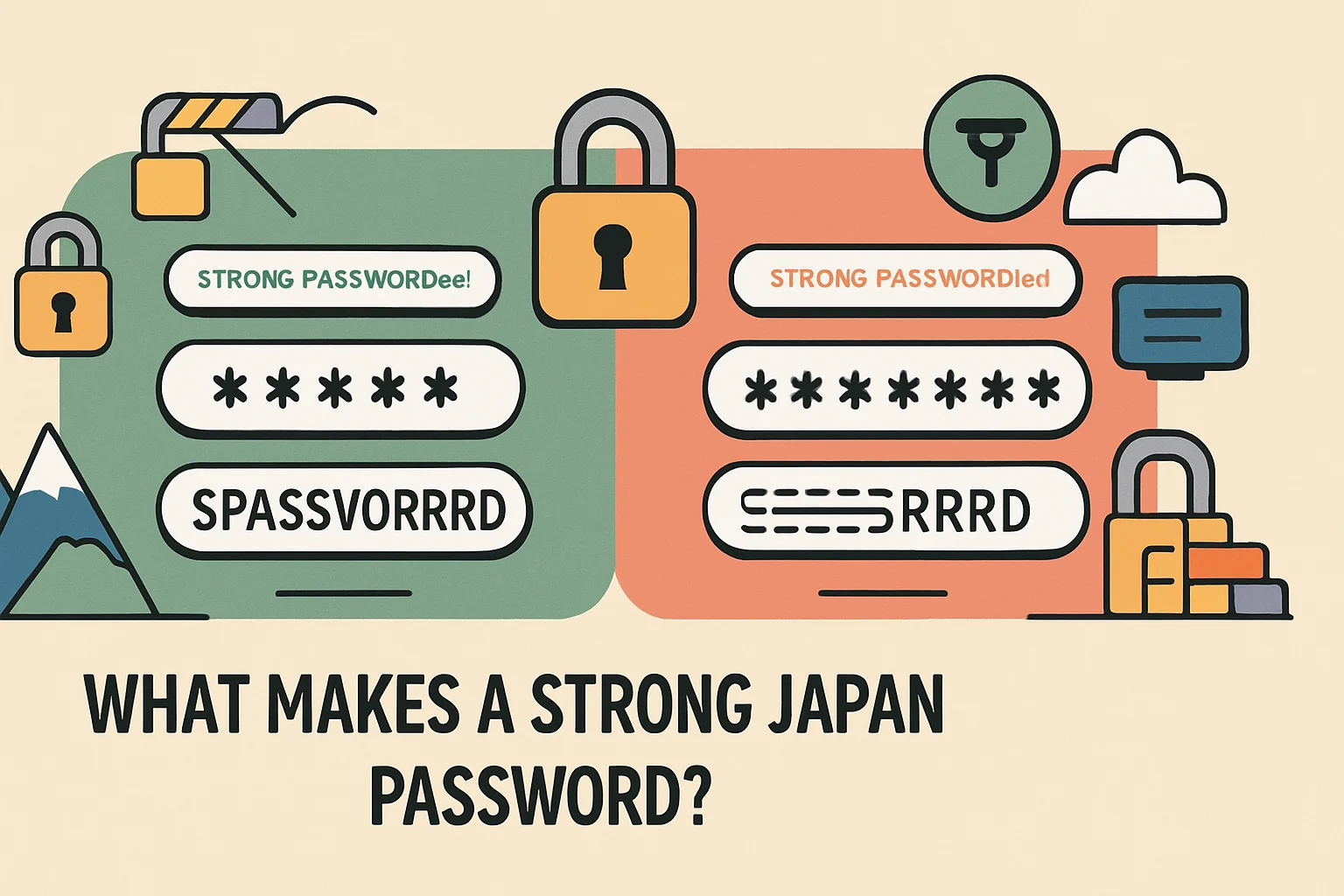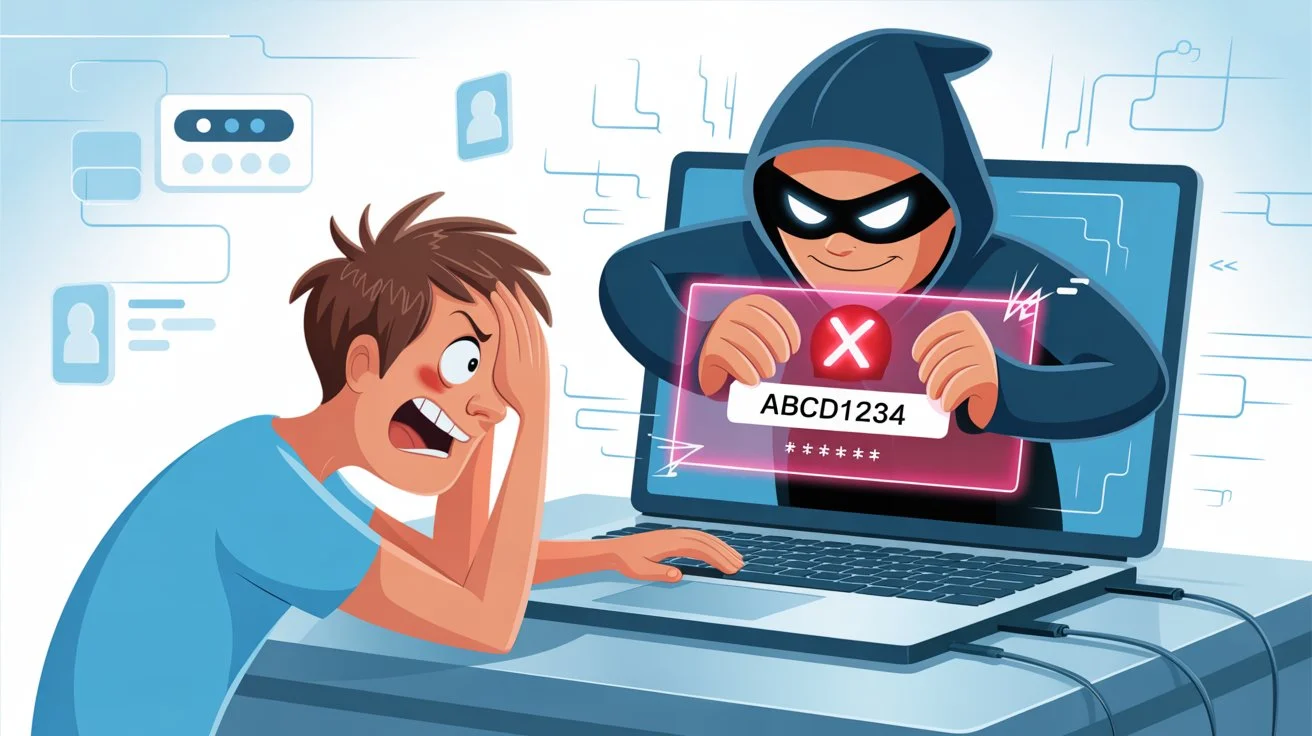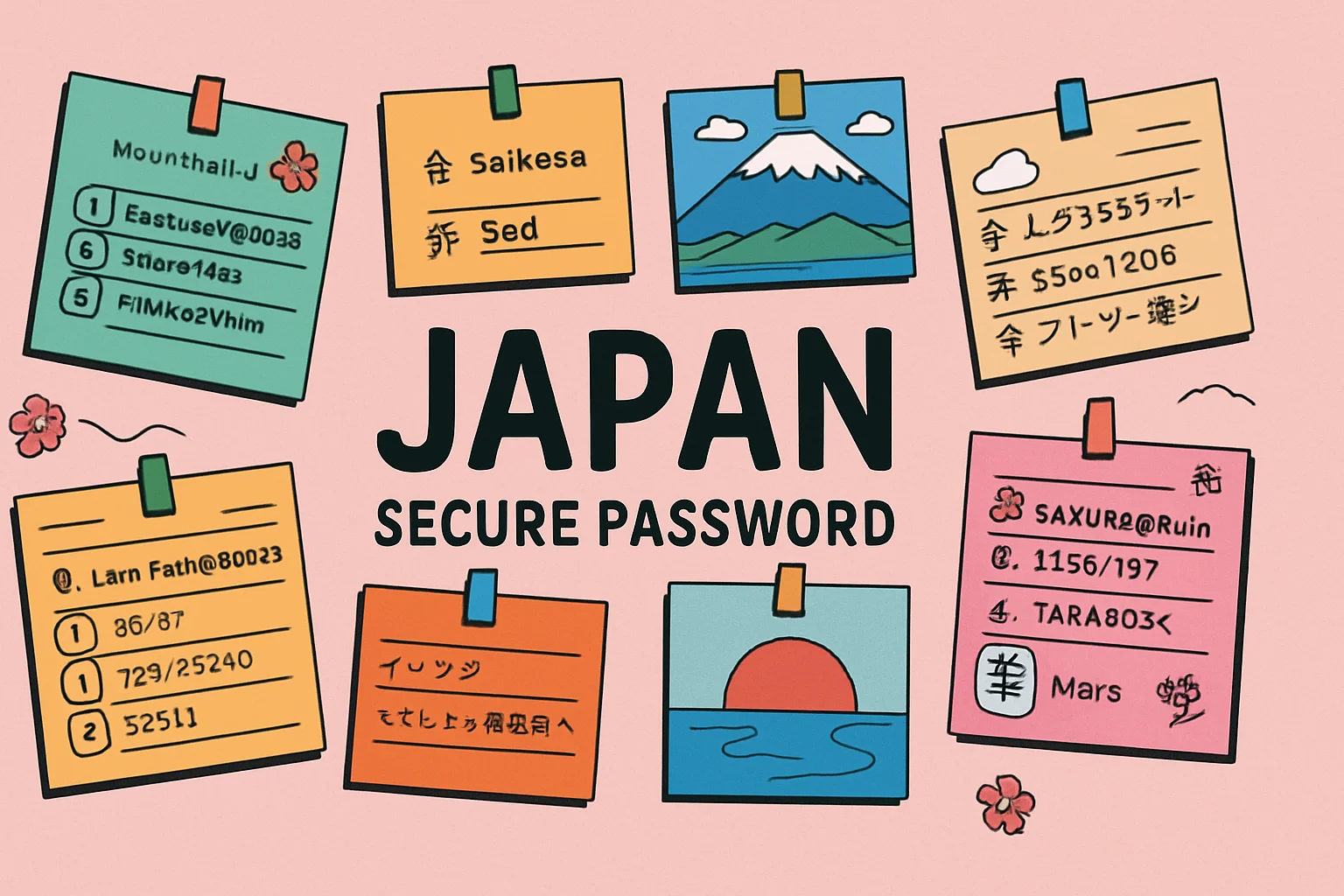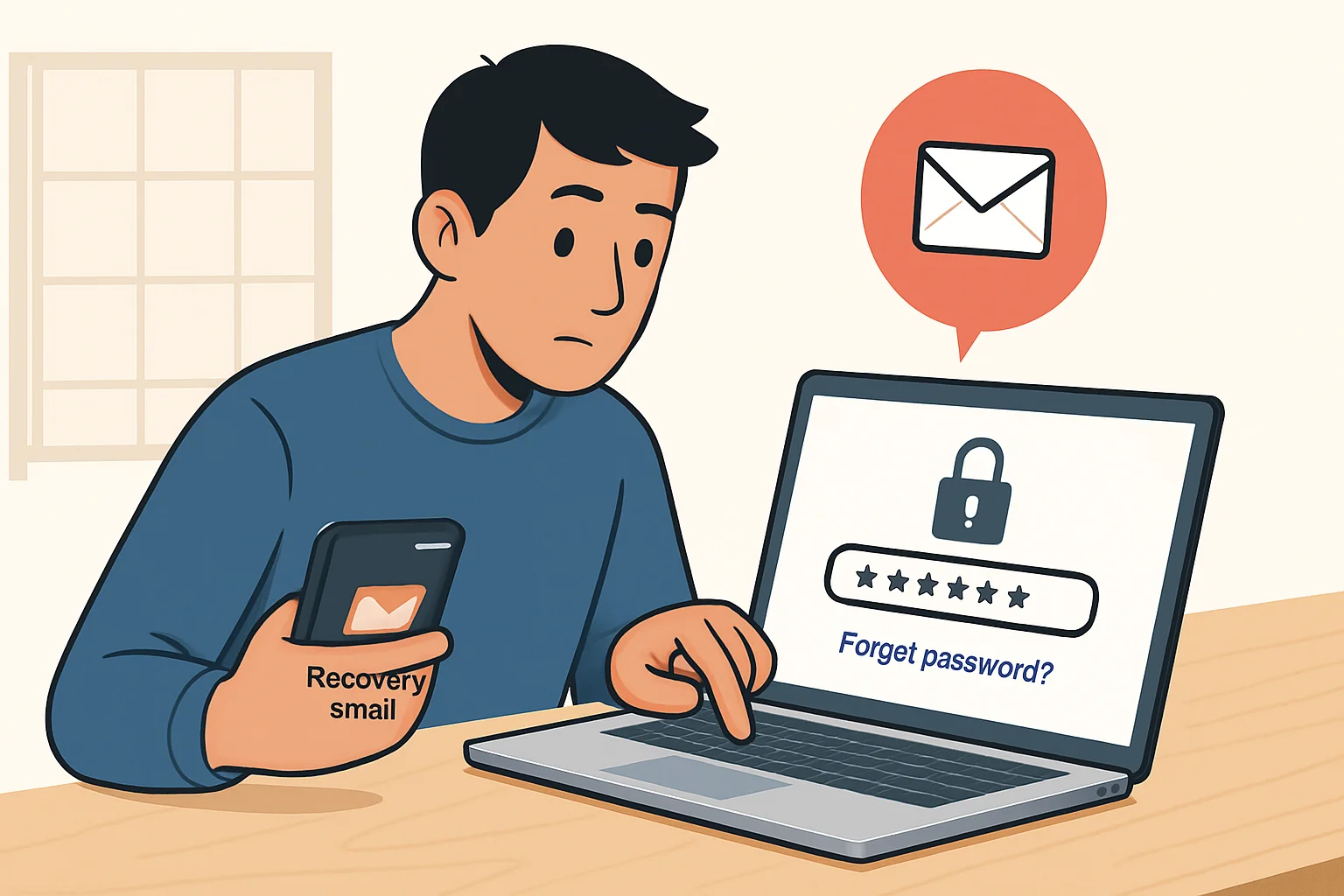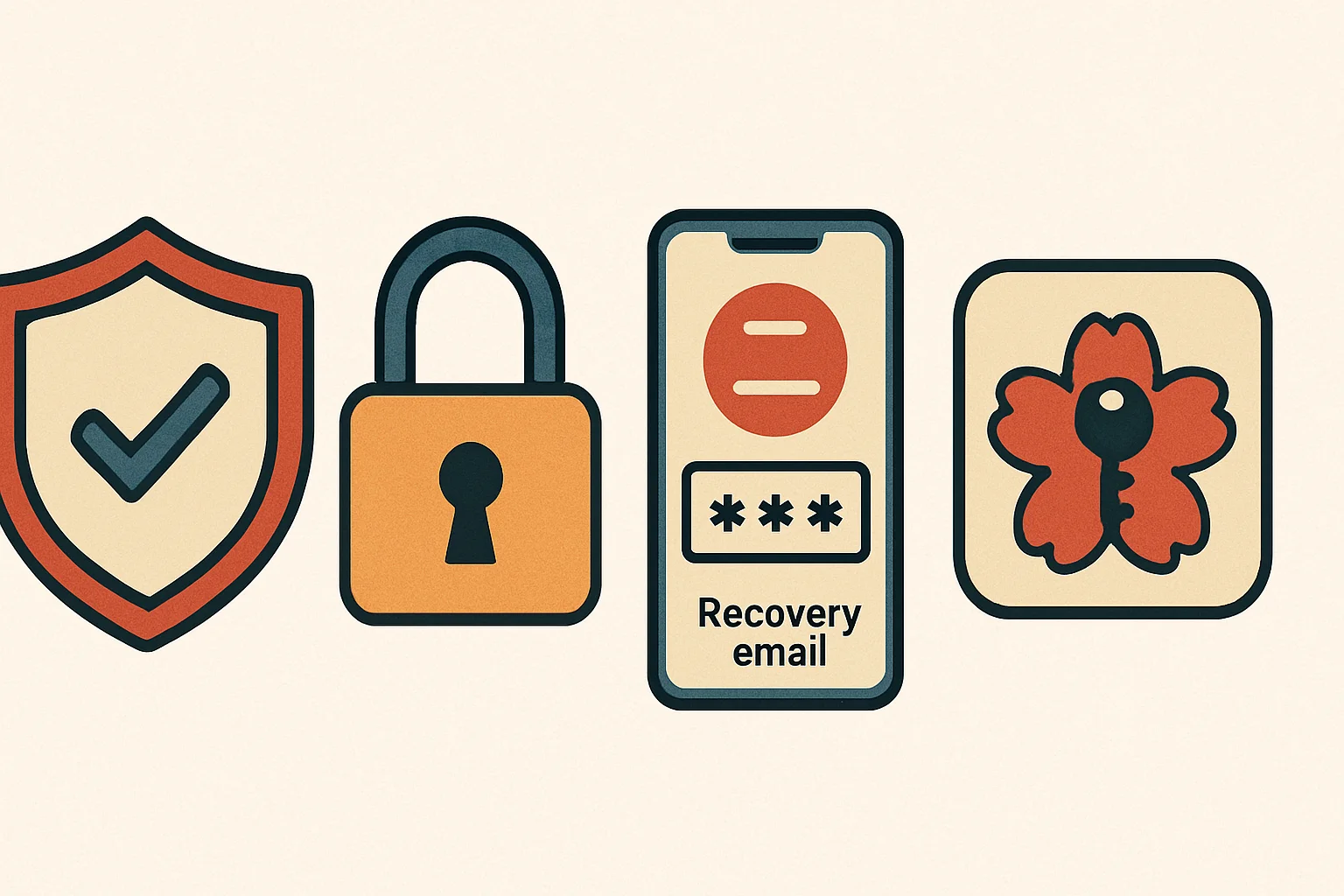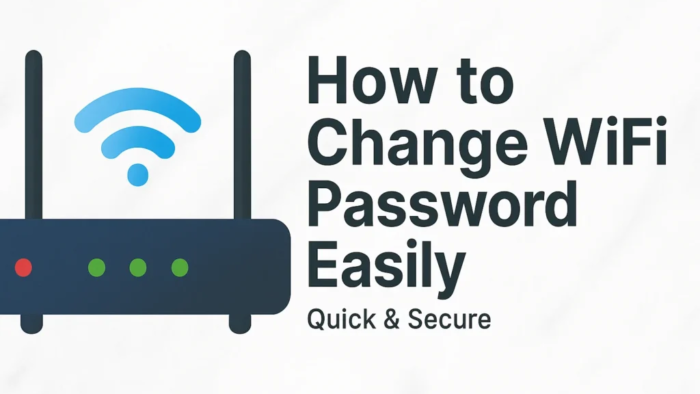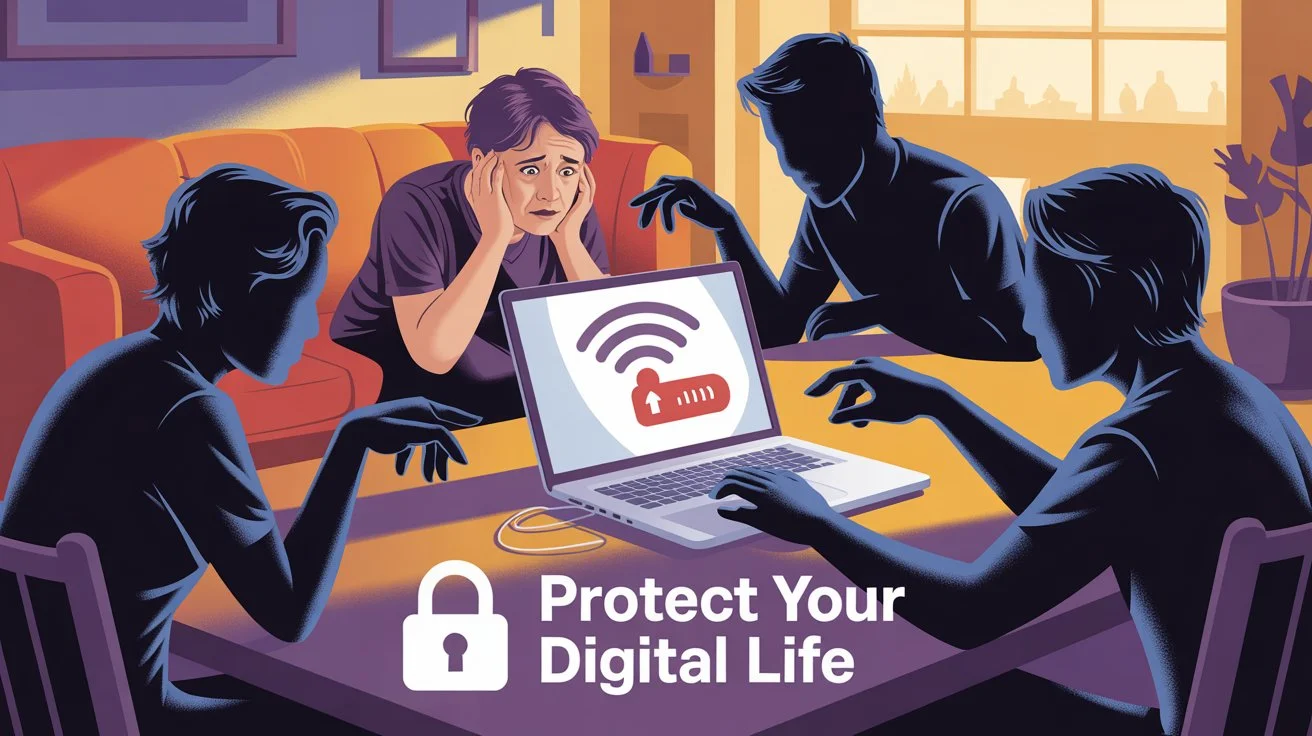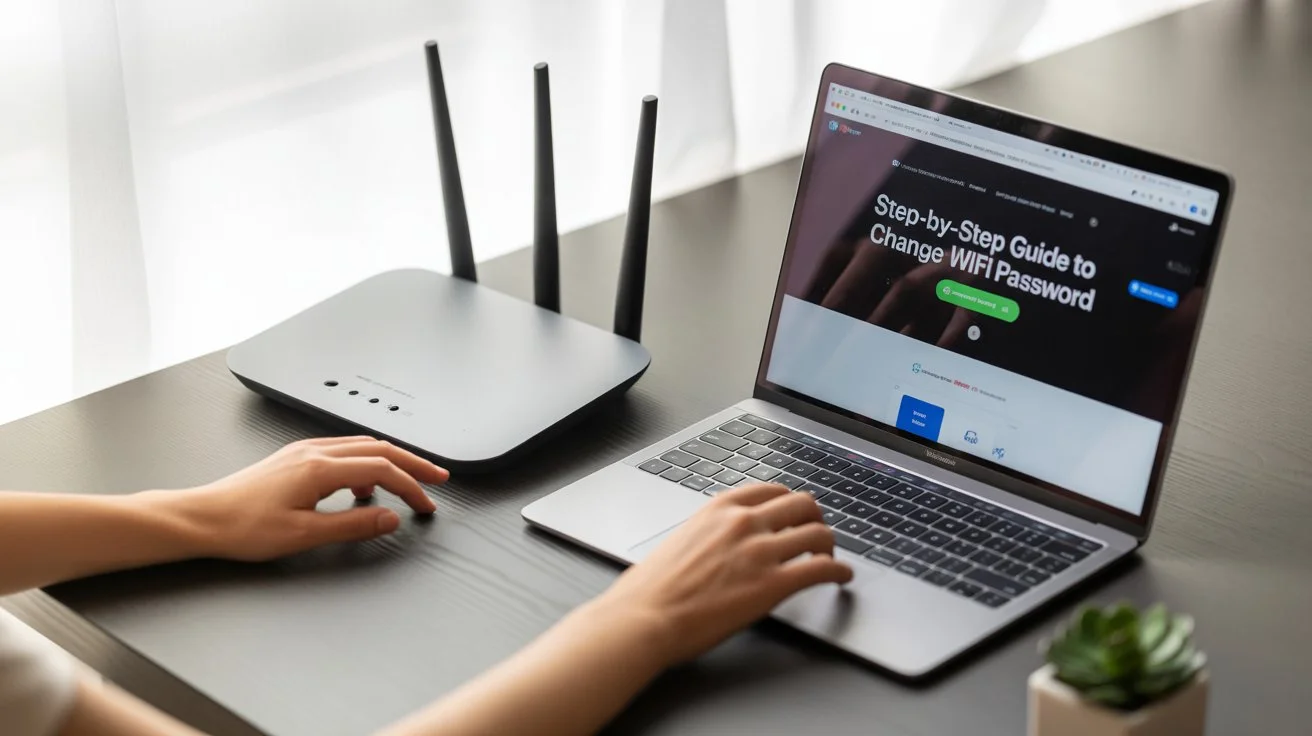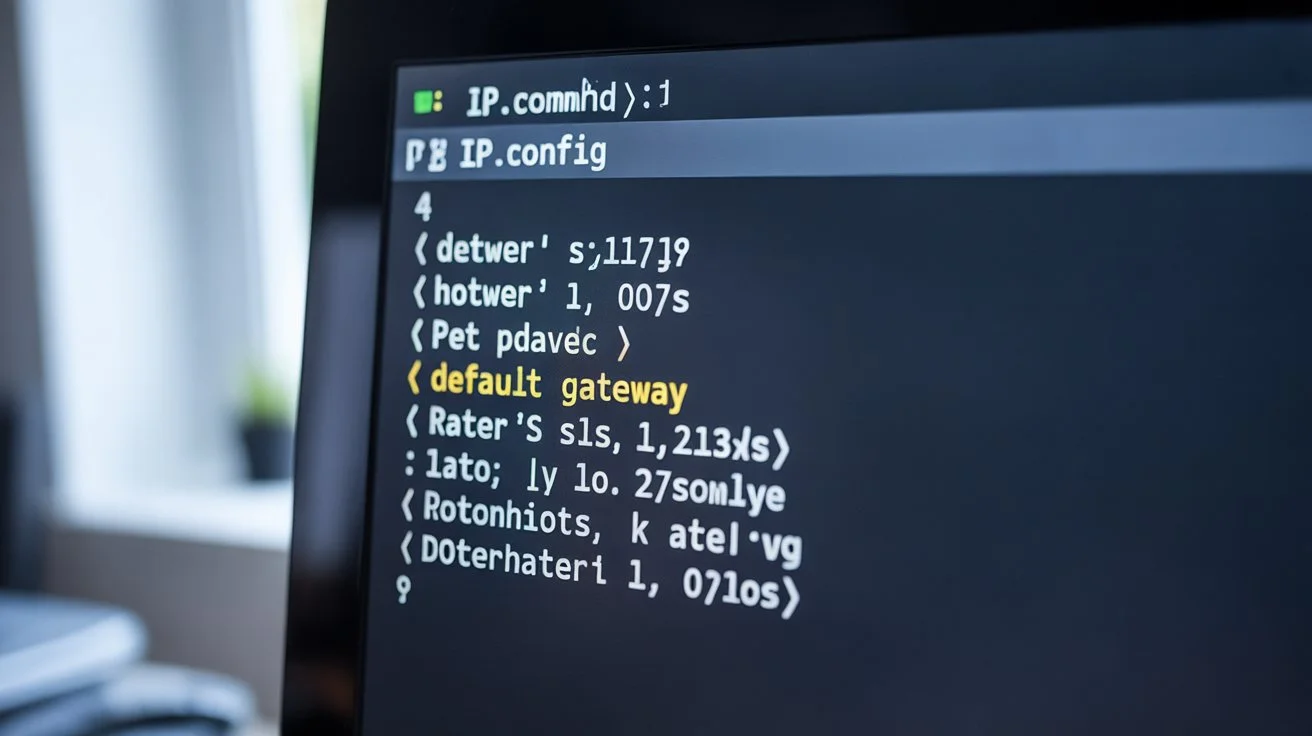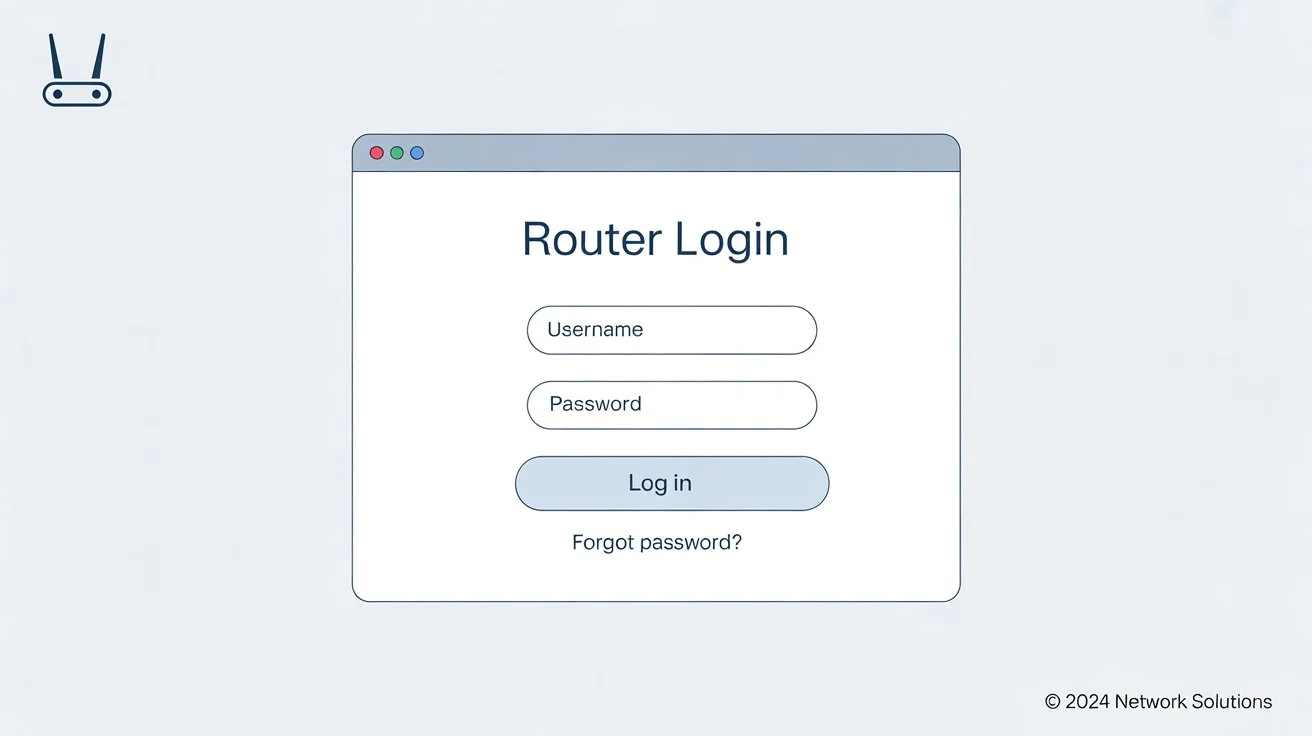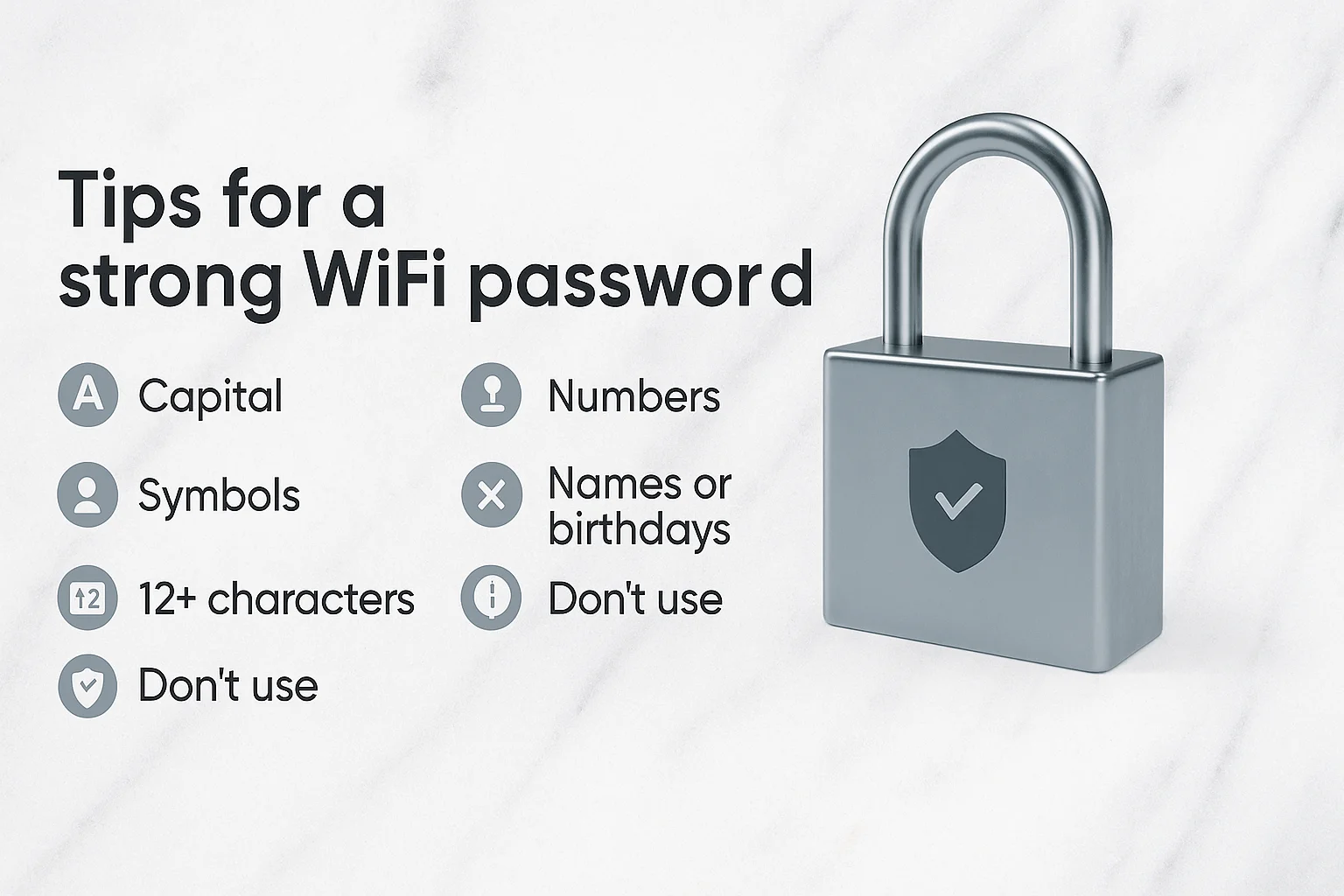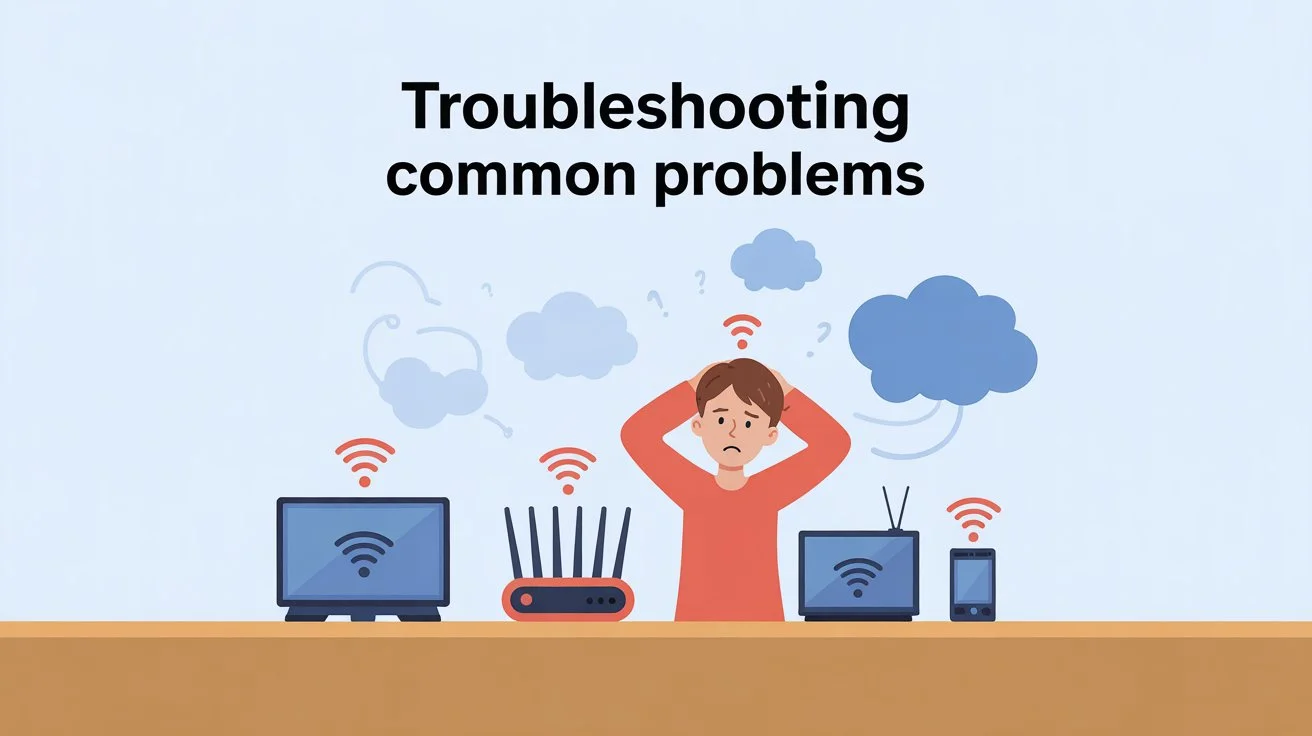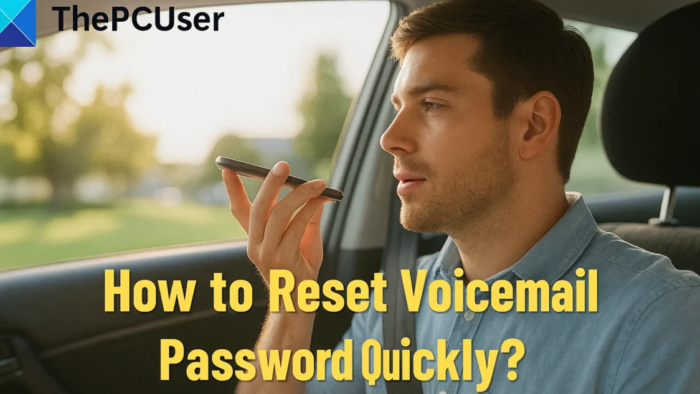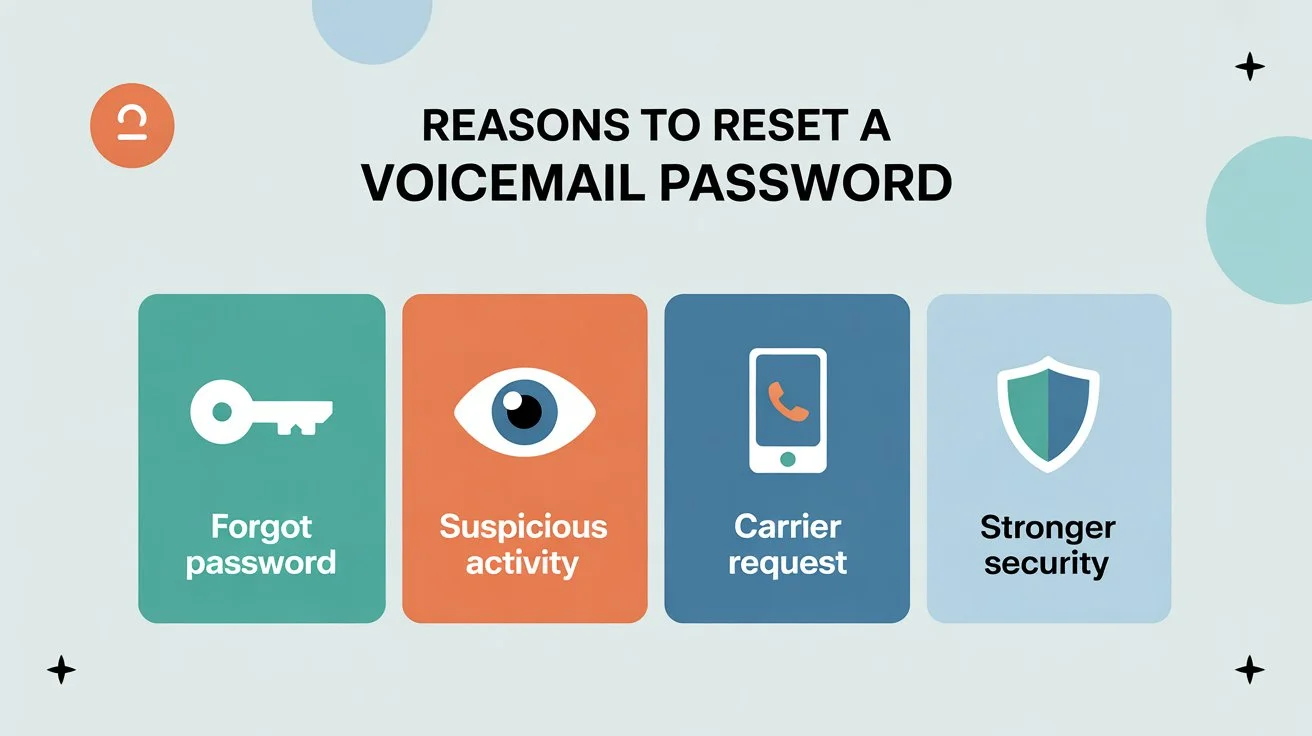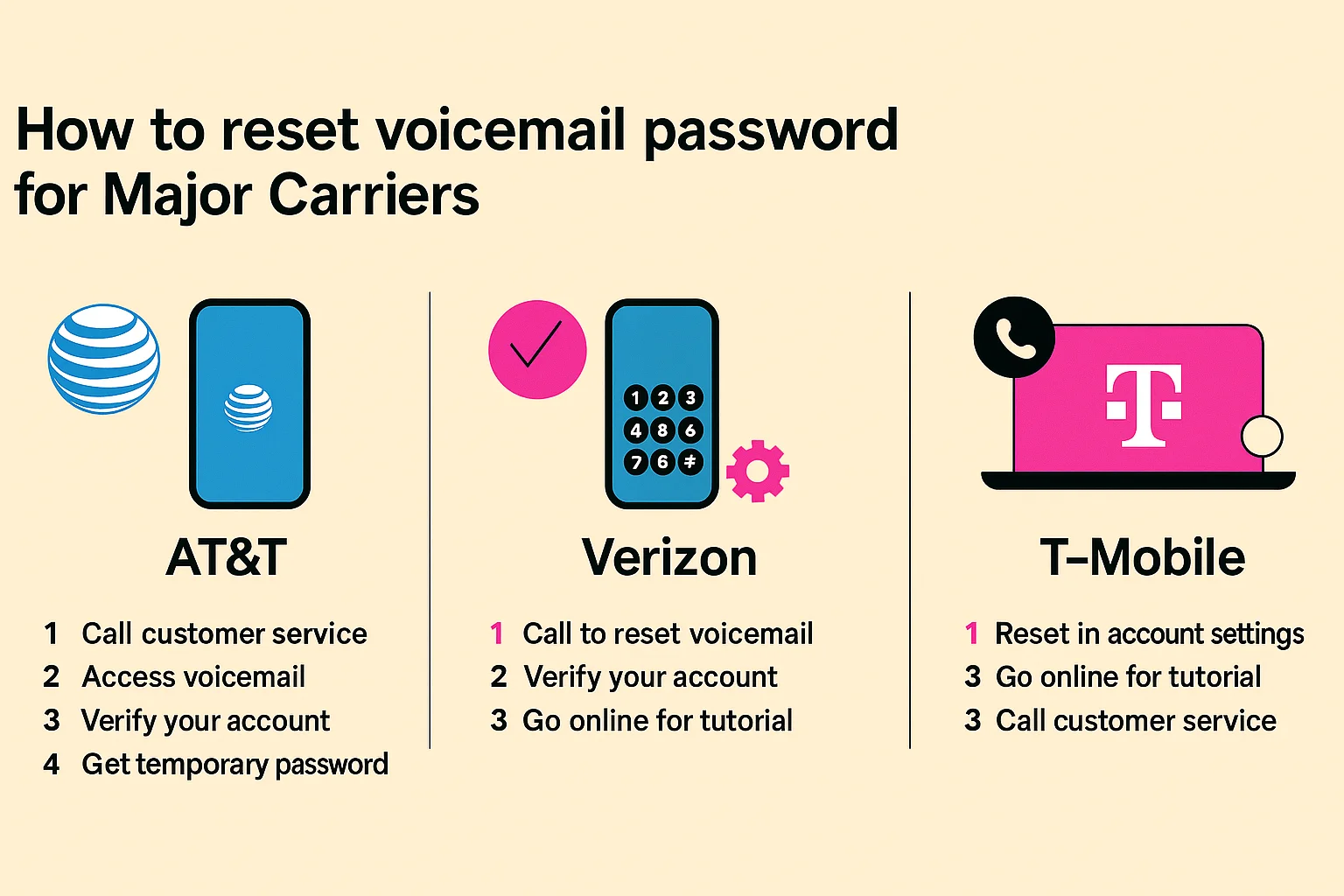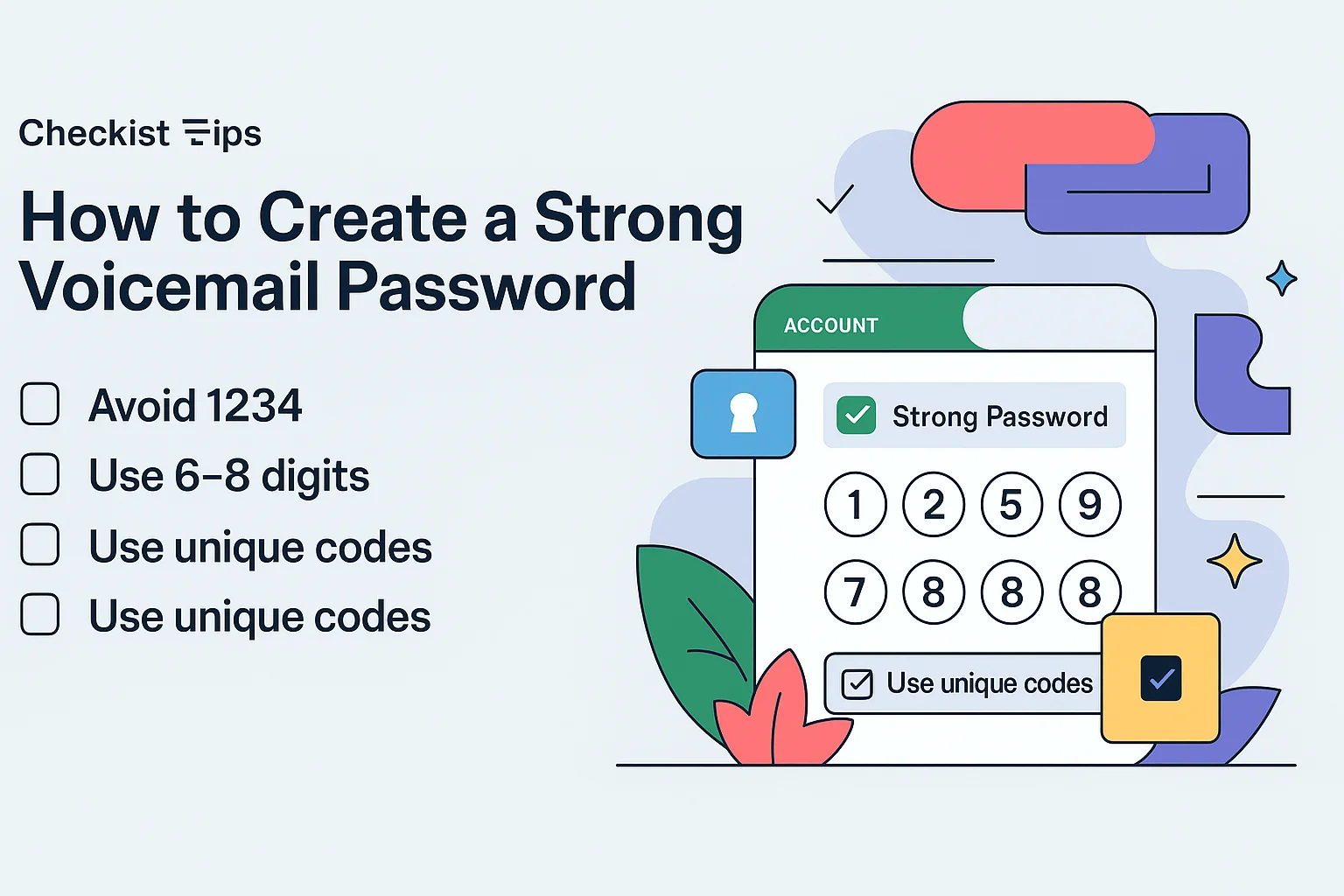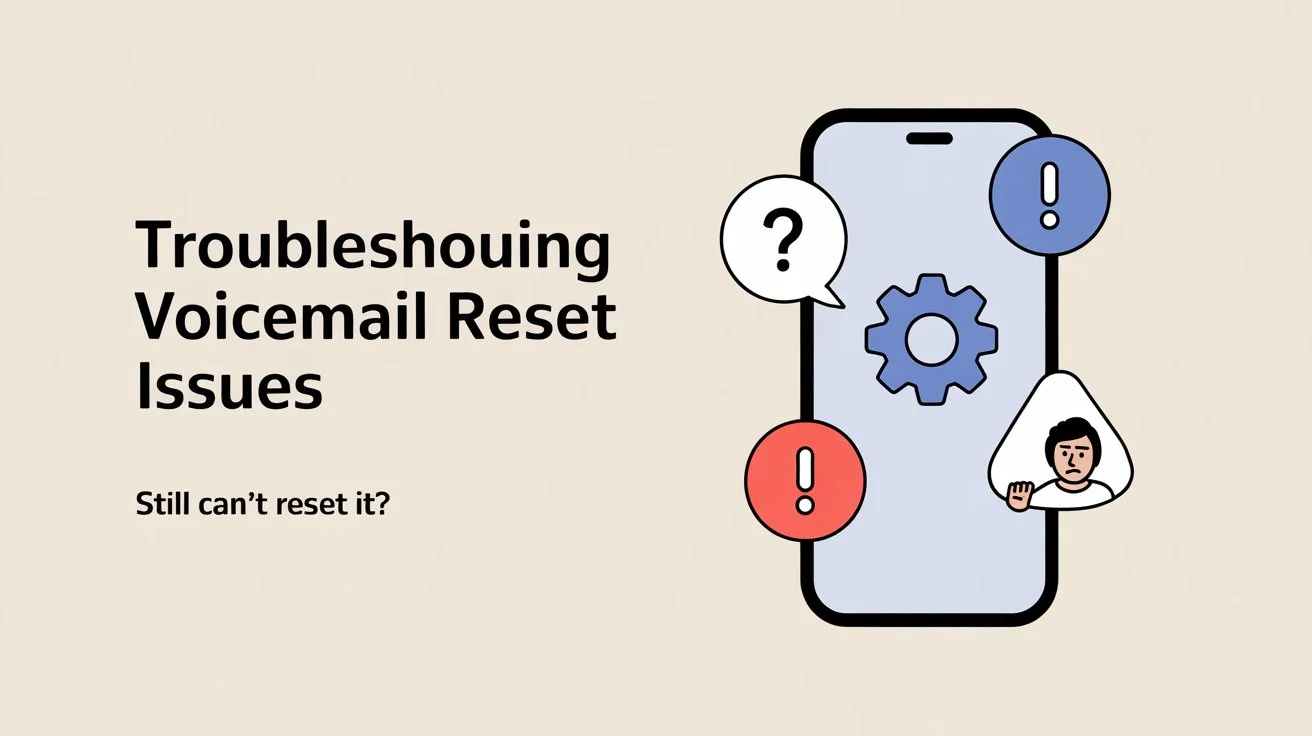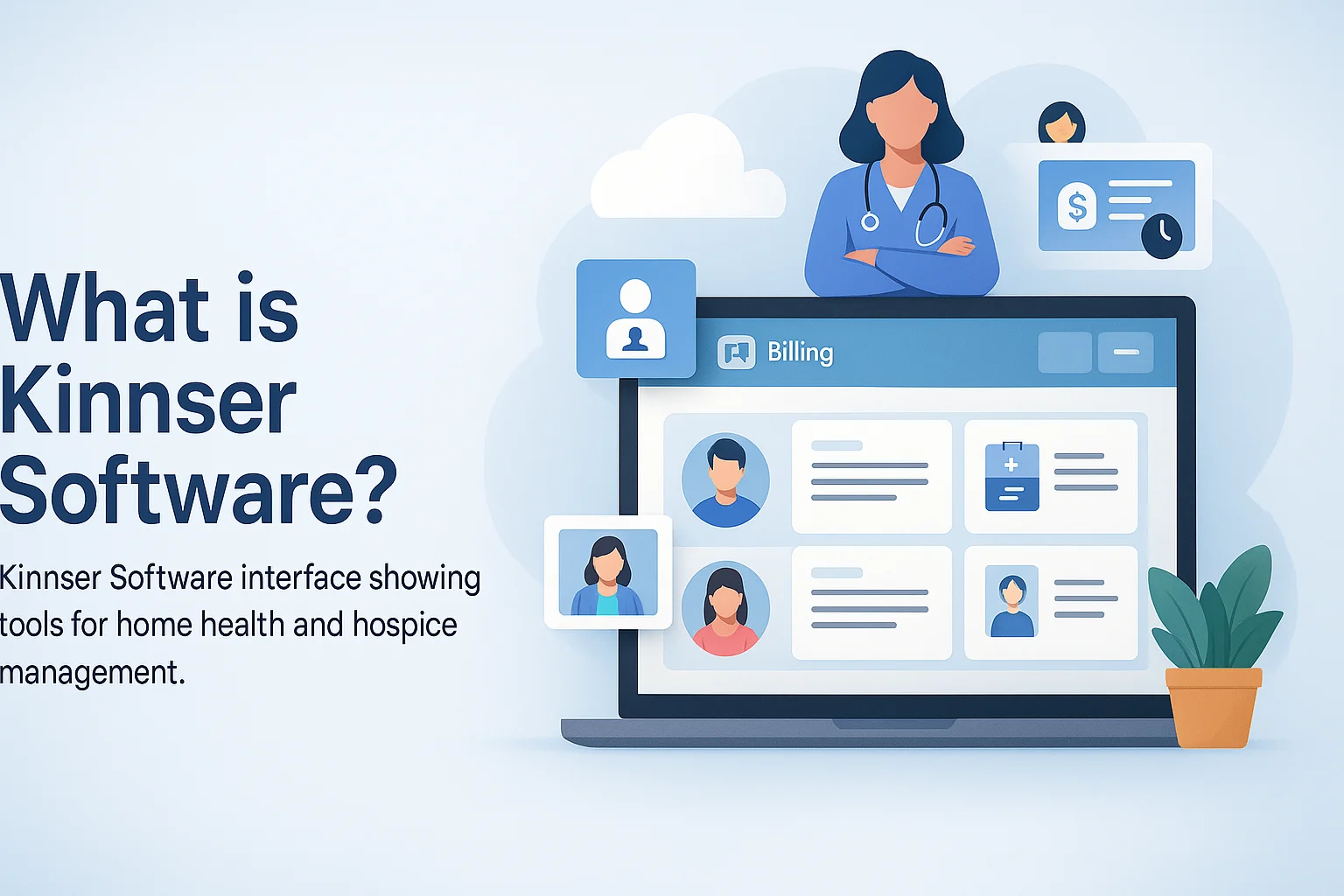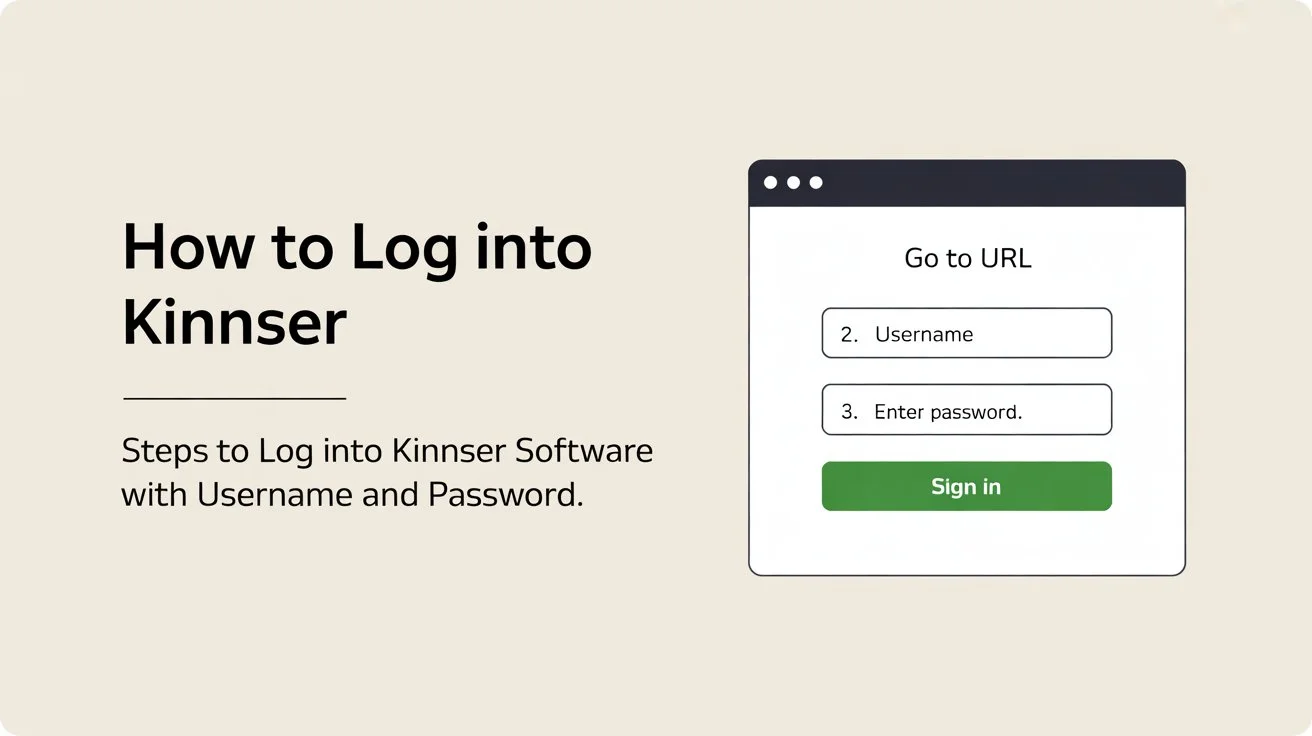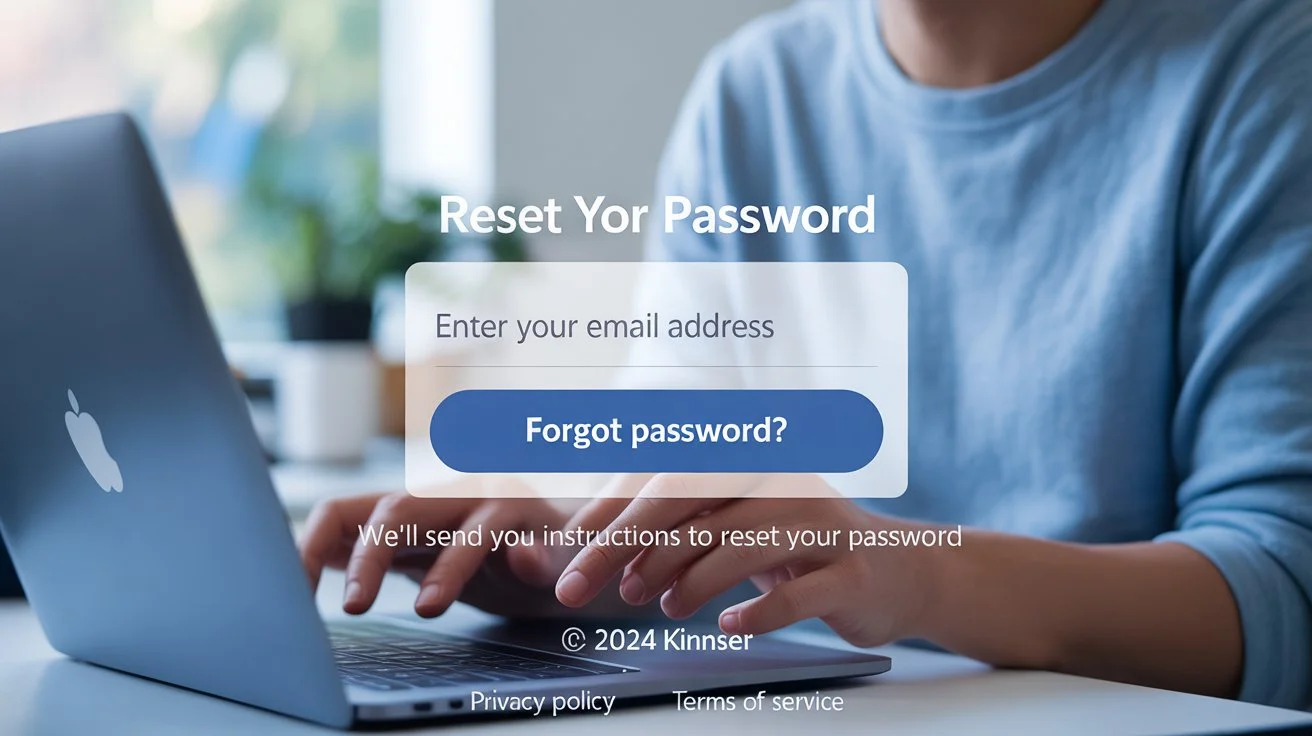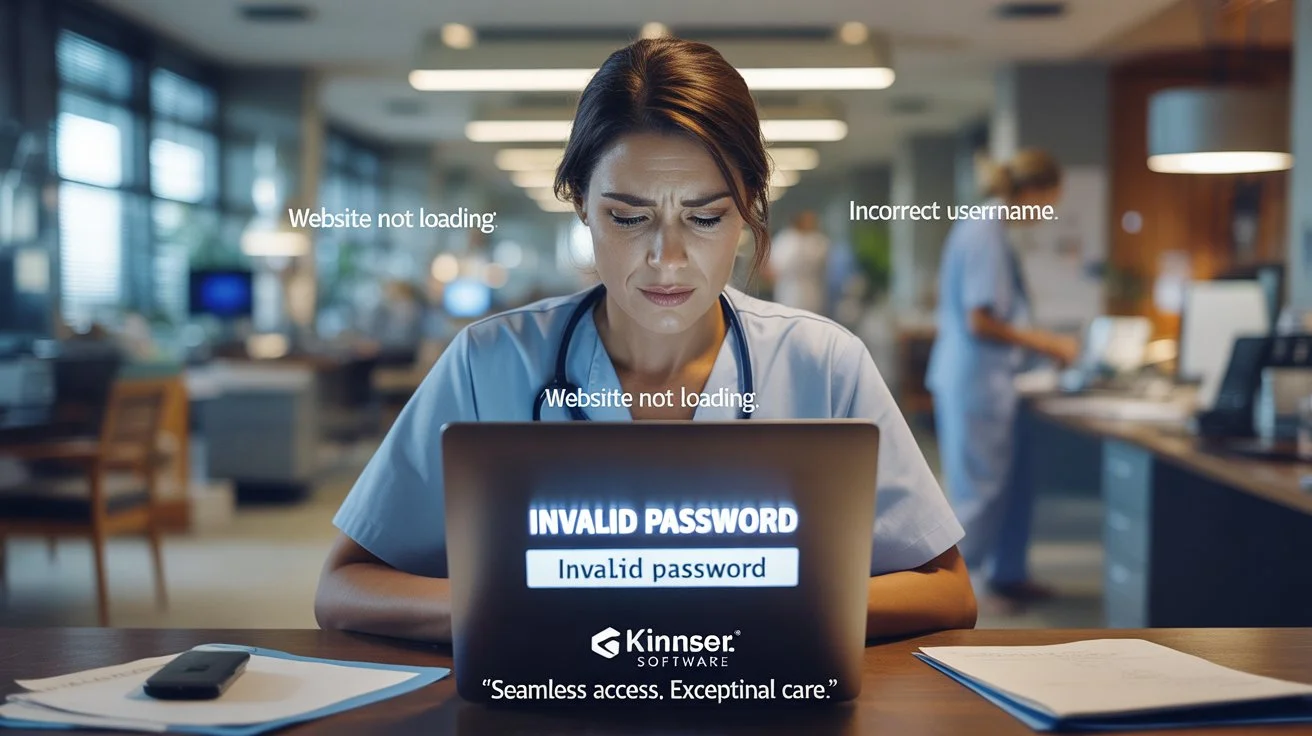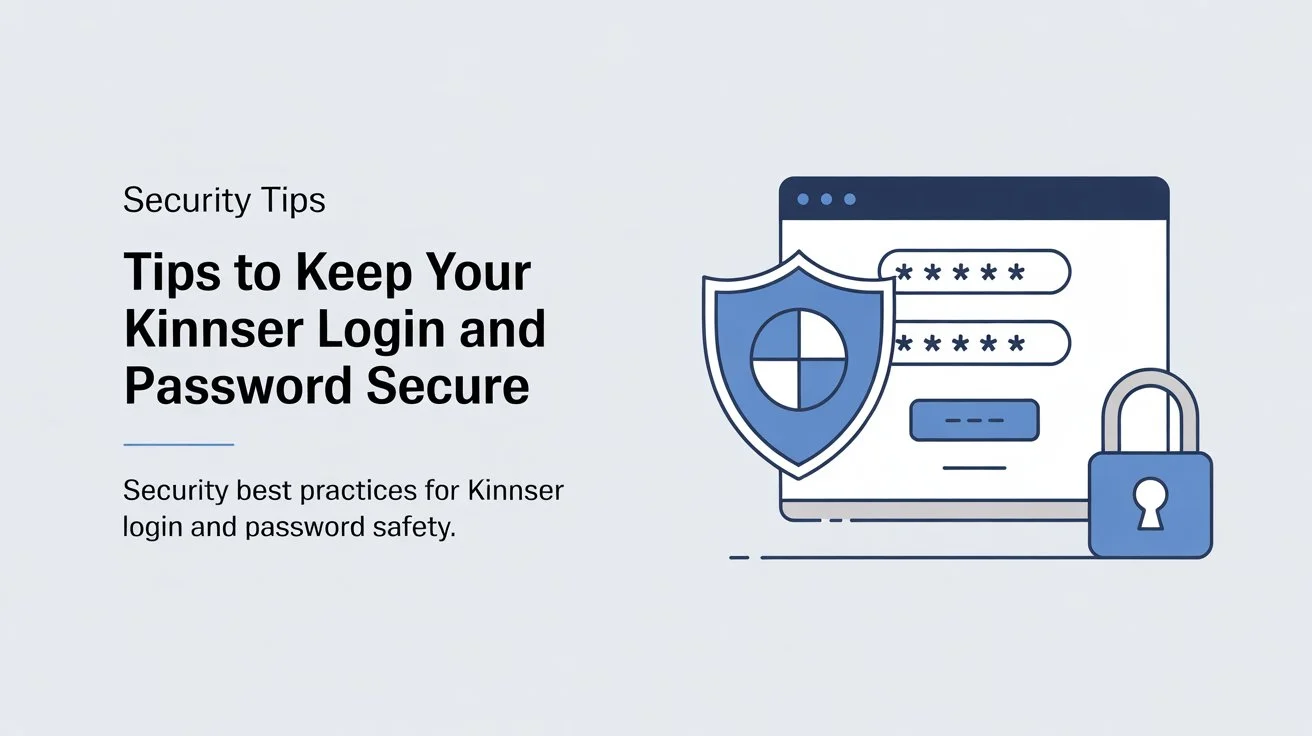You might have seen a shocking headline recently: 19 billion compromised passwords. The number is so huge that it feels like something out of a science fiction movie. But it’s not fiction—it’s real. Cybersecurity experts have confirmed that billions of usernames and passwords are floating around the internet, many on underground markets.
Your first thought might be, “Is my password one of them?” The second thought is, “How can I stay safe?”
This article will explain, in simple English, what 19 billion compromised passwords actually mean, how those passwords were stolen, and most importantly, what steps you can take to protect yourself right now.
For more details, you can read this blog : Pephop AI
What Does “19 Billion Compromised Passwords” Actually Mean?
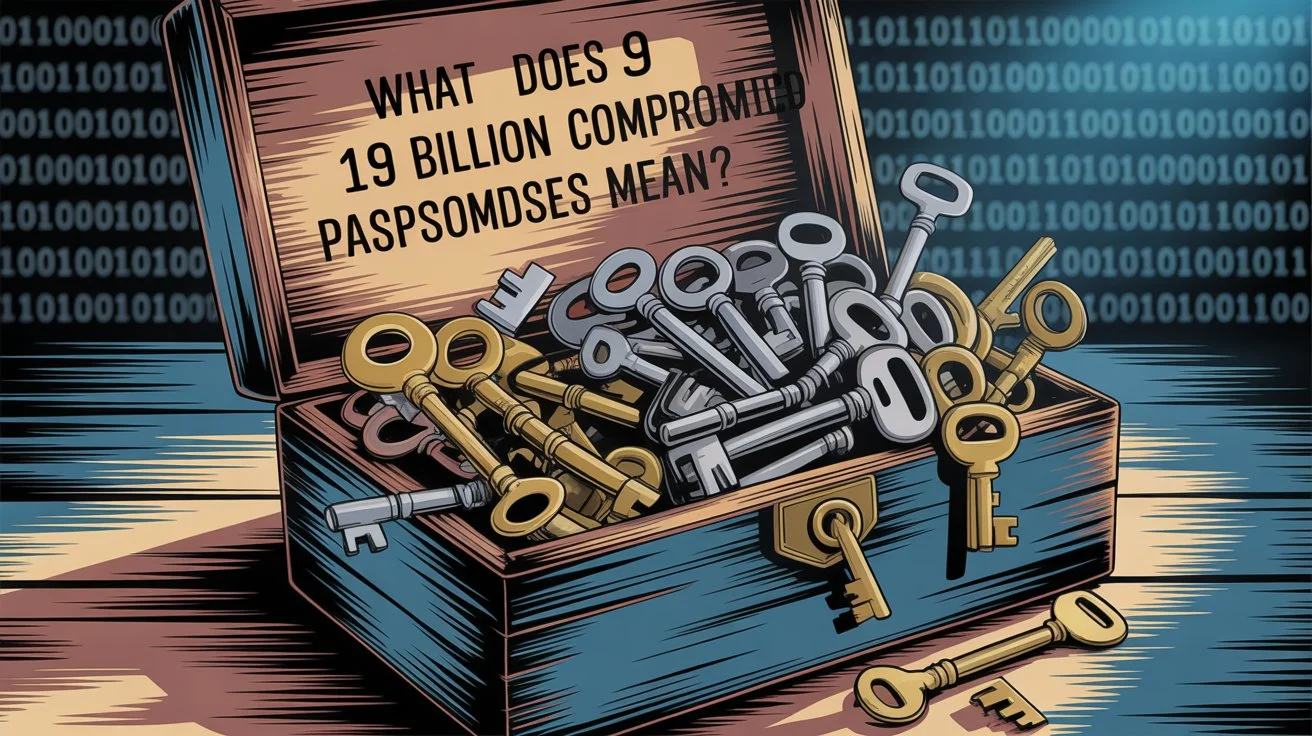
When cybersecurity experts talk about 19 billion compromised passwords, they’re not saying that 19 billion new accounts were hacked overnight. Instead, this number represents a giant collection of stolen login details gathered over many years.
It’s like a big box full of old keys. Some keys fit the same doors, some no longer work, and some still unlock valuable things. In the same way, this massive database includes:
- Usernames and passwords leaked from old data breaches.
- Repeated passwords that people use across multiple accounts.
- Outdated passwords that may have already been changed.
The scary part is that hackers don’t throw away these stolen details. They keep reusing them to hack accounts. Even if a password leak happened five years ago, it could still be used today if you never changed it. That’s why understanding the threat of 19 billion compromised passwords matters.
How Do Passwords End Up on These Lists?
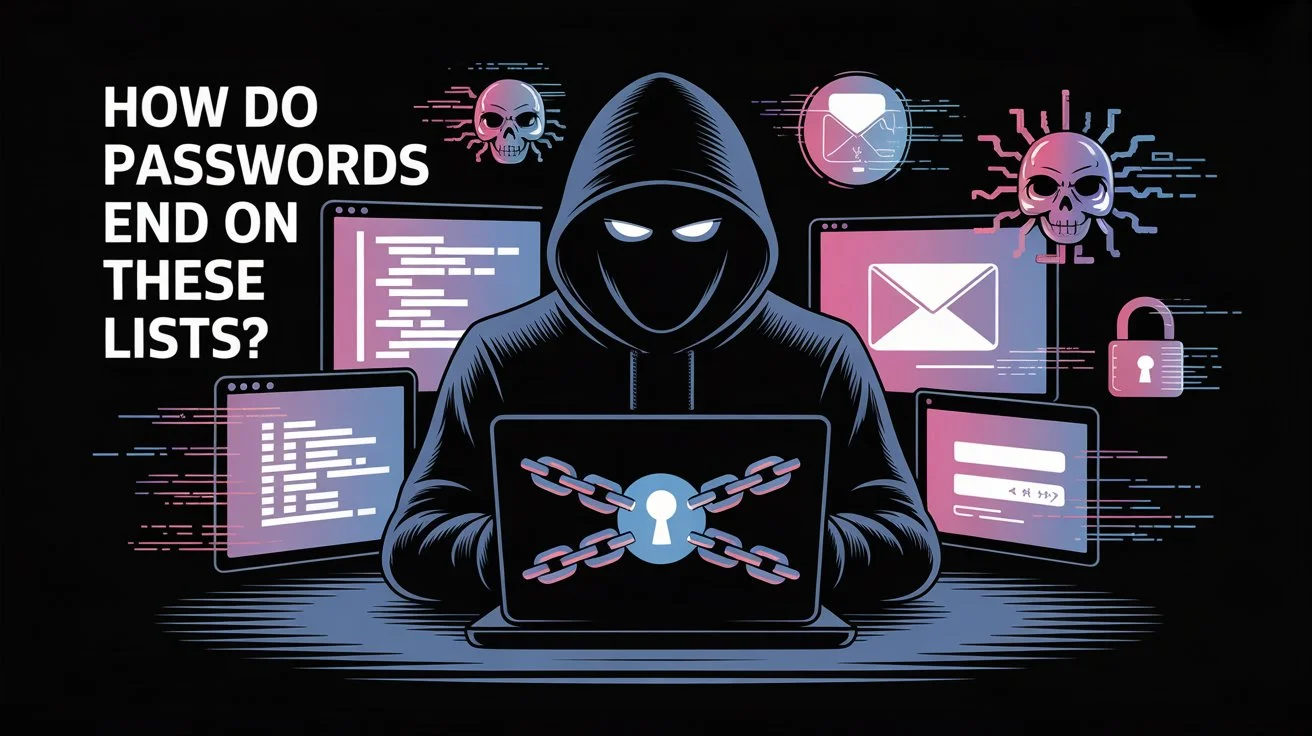
Passwords don’t magically appear in the hands of hackers. They use several methods to steal them. Knowing how these methods work can help you avoid falling into traps.
1. Data Breaches
This is the most common reason your login details might end up among 19 billion compromised passwords. When companies get hacked—whether it’s a shopping site, a social media platform, or a gaming account—the attackers steal user databases that contain email addresses and passwords.
2. Phishing Scams
Hackers send fake emails or text messages pretending to be your bank, email provider, or favorite store. These messages trick you into typing your login details into a fake site. The moment you do, your password is stolen.
3. Weak Passwords
Many people still use simple passwords like 123456, qwerty, or password123. Hackers use software that can guess these in seconds. If your password is weak, it becomes an easy entry into the pool of 19 billion compromised passwords.
4. Malware
If you download harmful software by mistake, it can secretly record everything you type, including your login details. This method quietly feeds more stolen data into that massive collection.
Simple Steps to Protect Yourself
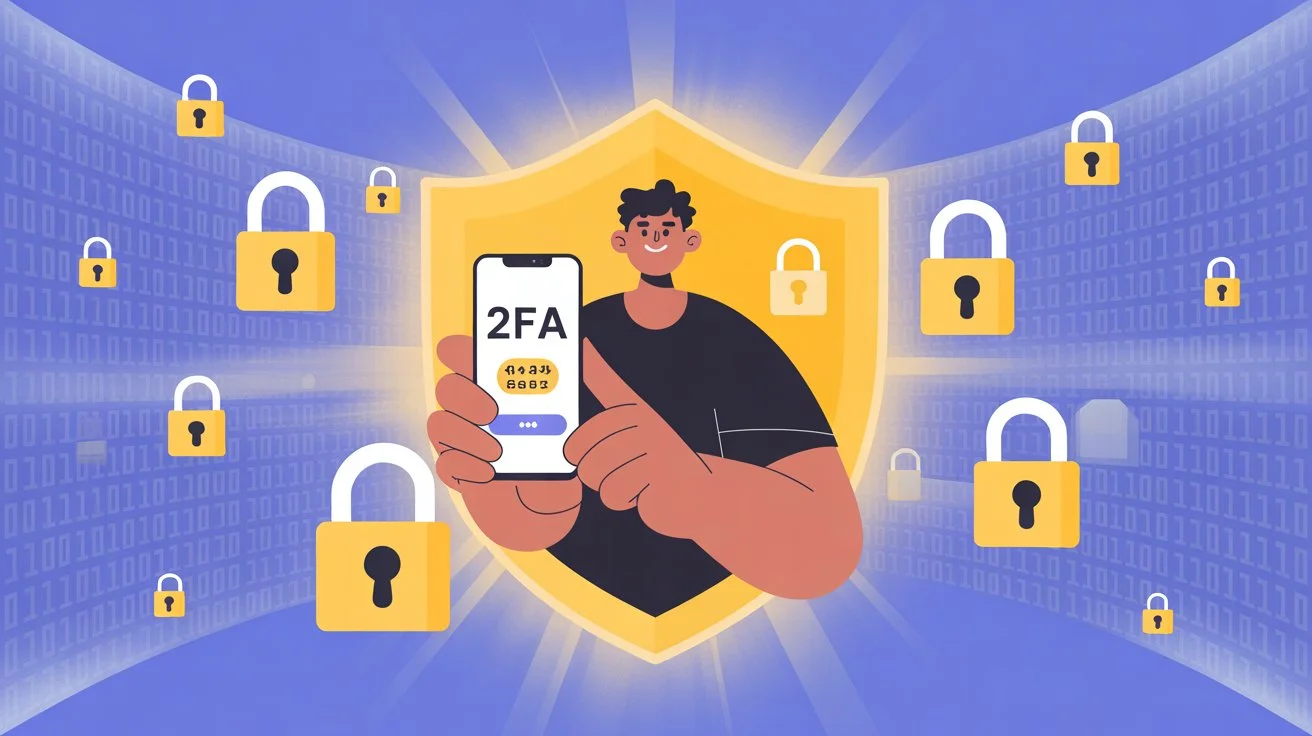
The good news is, there’s no need to panic. Even though 19 billion compromised passwords sounds terrifying, you can protect yourself with a few smart steps.
1. Use a Password Manager
A password manager is a digital safe that makes and keeps strong passwords. You just remember one.
Why this helps: If one account gets hacked, the password can’t be used on another. Each door has its own key.
2. Turn On Two-Factor Authentication (2FA)
With 2FA, logging in requires not only your password but also a second code, often sent to your phone.
Why this helps: Even if your password is among 19 billion compromised passwords, the hacker still can’t log in without your unique code.
3. Check If You’re Already Affected
Many people are surprised to learn their details were leaked years ago. Checking whether your email appeared in past breaches is a smart move. If your account shows up, immediately change the password.
4. Change Old or Weak Passwords
If you’ve been reusing the same password across multiple sites, stop now. Focus on key accounts first—your main email, bank account, and social media. Use long, strong passphrases (like GreenDogRunsUnderBlueSky!) that are hard to guess.
Why Reusing Passwords Is Dangerous
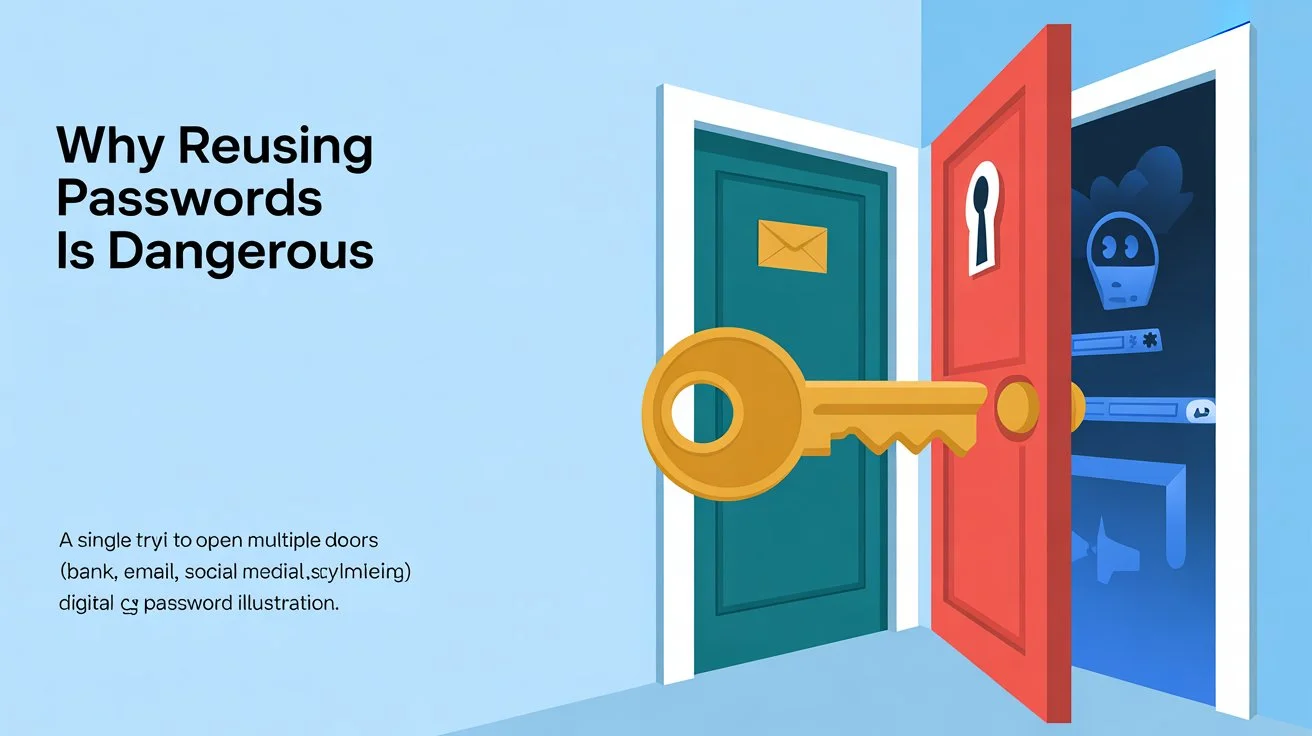
One of the biggest lessons from the 19 billion compromised passwords report is that password reuse is risky. Let’s say you used the same password for your shopping account and your email. If the shopping site gets hacked, hackers can try that same password on your email. From there, they can reset other accounts linked to your email, gaining control of your digital life.
Unique passwords are your strongest defense.
Conclusion: Stay Alert, Stay Safe
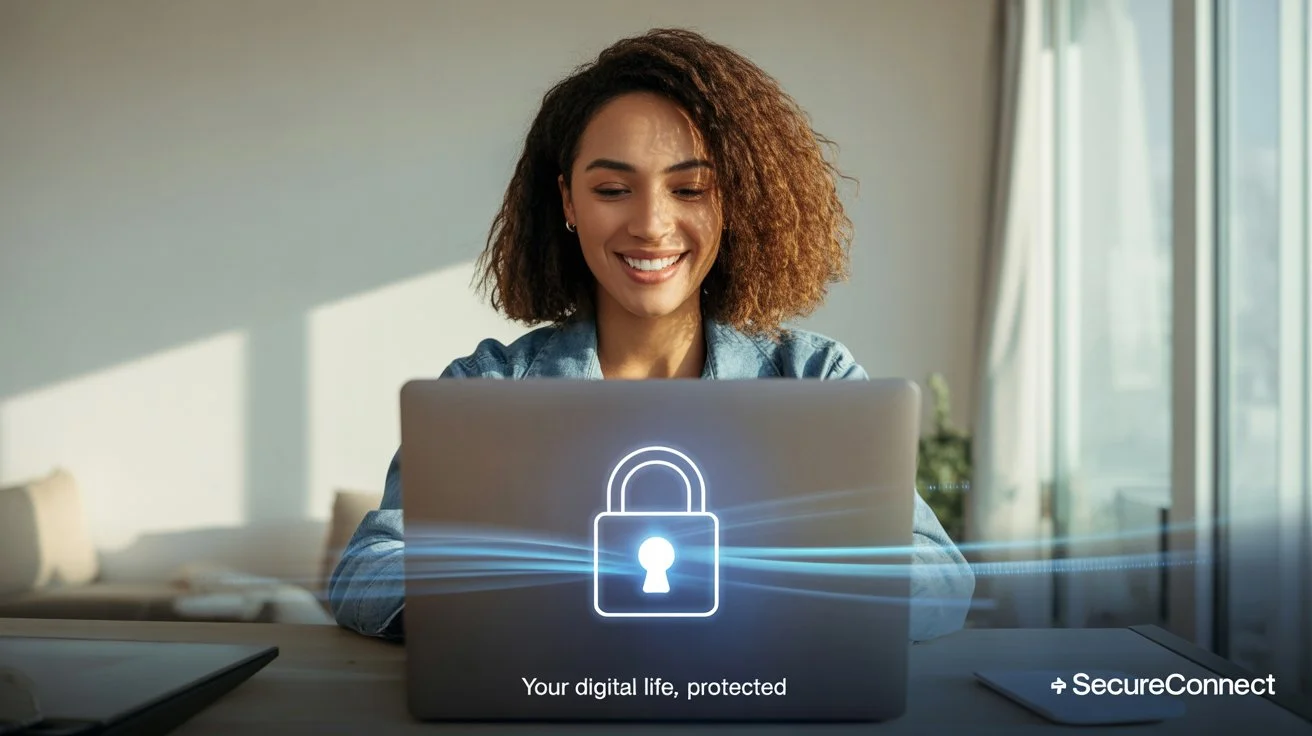
Hearing about 19 billion compromised passwords can feel overwhelming, but it’s not a reason to panic. Instead, see it as a reminder to act. Cybercrime is real, but so are the tools that keep you safe.
- Use a password manager to create unique passwords.
- Turn on two-factor authentication wherever possible.
- Change old, repeated, or weak passwords today.
Your online safety is in your hands. With these simple steps, you can protect yourself from becoming just another number in the list of 19 billion compromised passwords.
Frequently Asked Questions (FAQs)
Q1: How do I know if my password is part of the 19 billion compromised passwords?
You can use trusted resources to check if your email appeared in past breaches. If your account is listed, change your password immediately.
Q2: I got an email saying my password is on the dark web. Should I worry?
Most of these messages are scams. Don’t click on links in suspicious emails. Go directly to the official website of the service and update your password there.
Q3: Is it really that bad to reuse passwords?
Yes. Reusing one password across multiple accounts is like using one key for your house, car, and office. If a thief gets it, they can unlock everything.
Q4: What makes a strong password?
Length is key. Aim for at least 12 characters, mixing letters, numbers, and symbols. A passphrase of random words is even better.
Q5: Are password managers safe?
Yes, trusted password managers use strong encryption to keep your data safe. They are much safer than writing passwords down or reusing weak ones.

